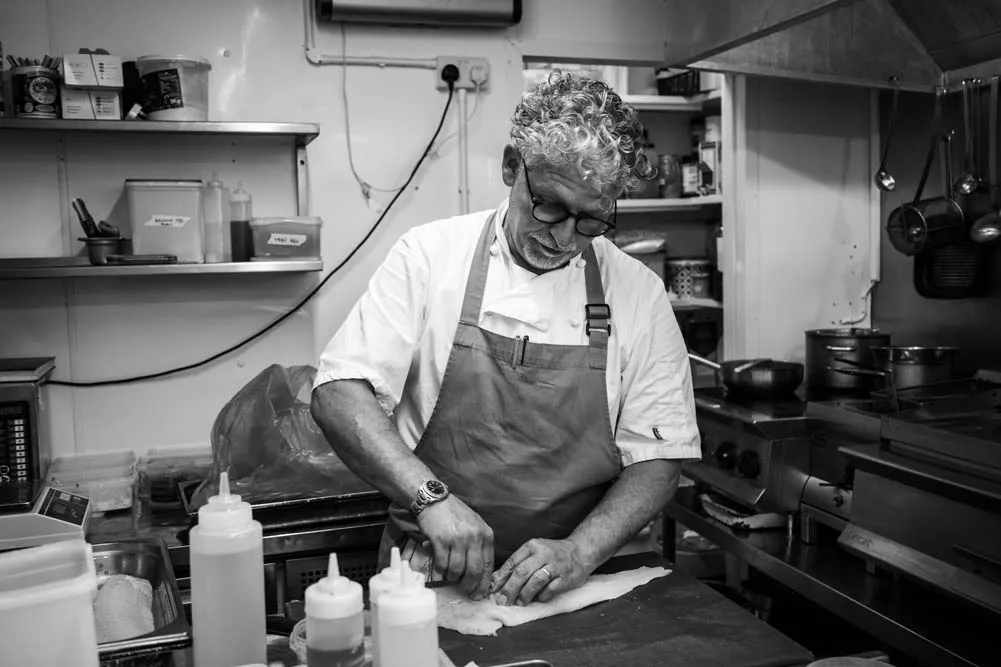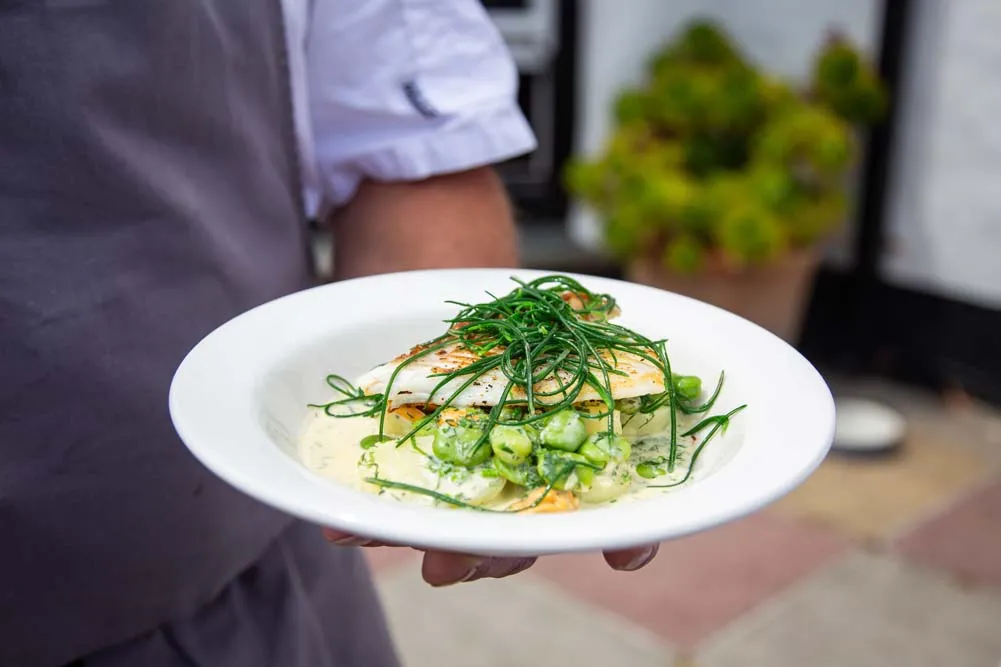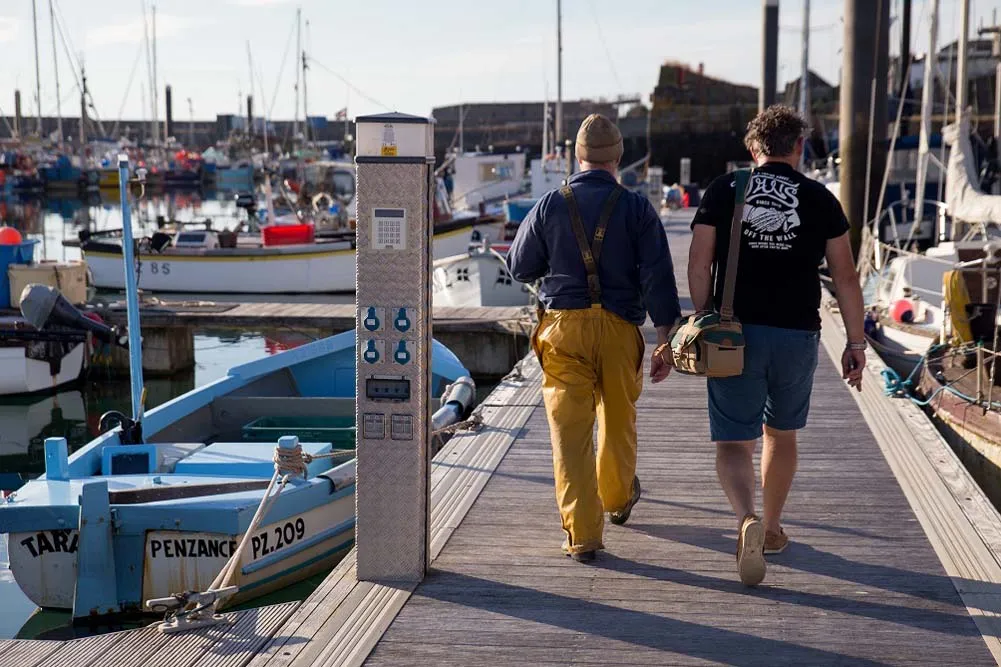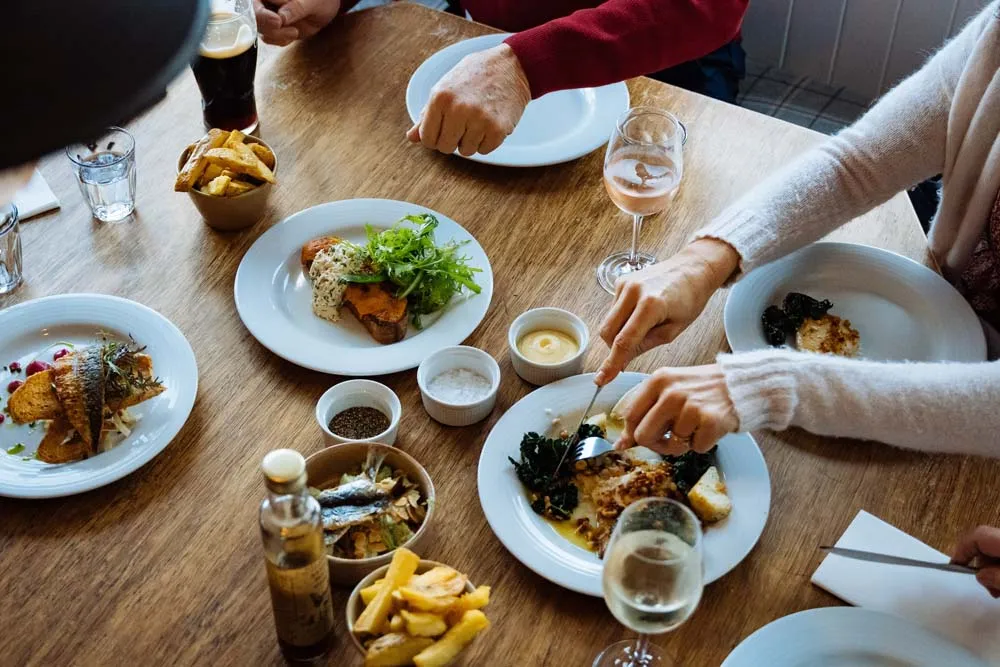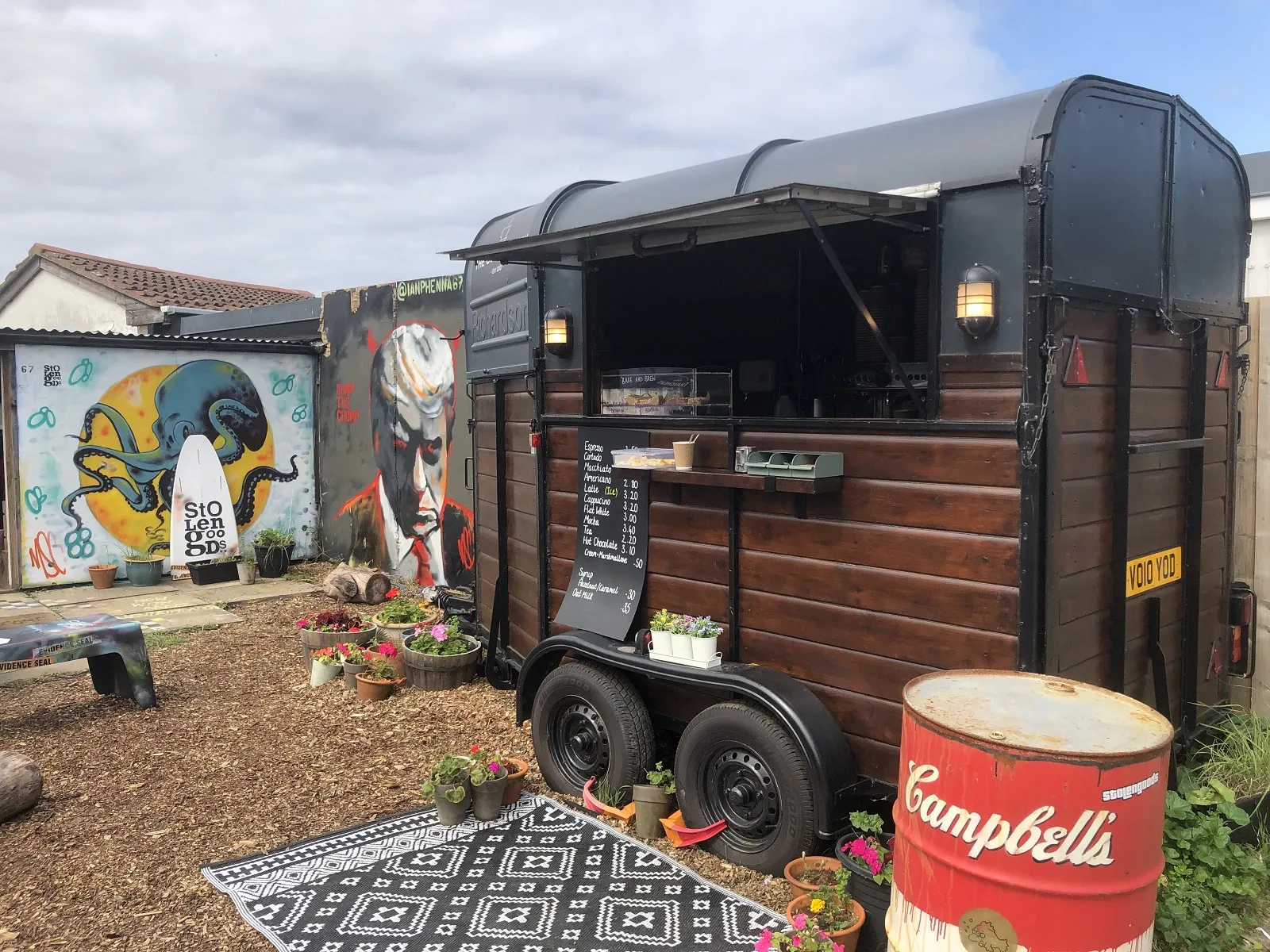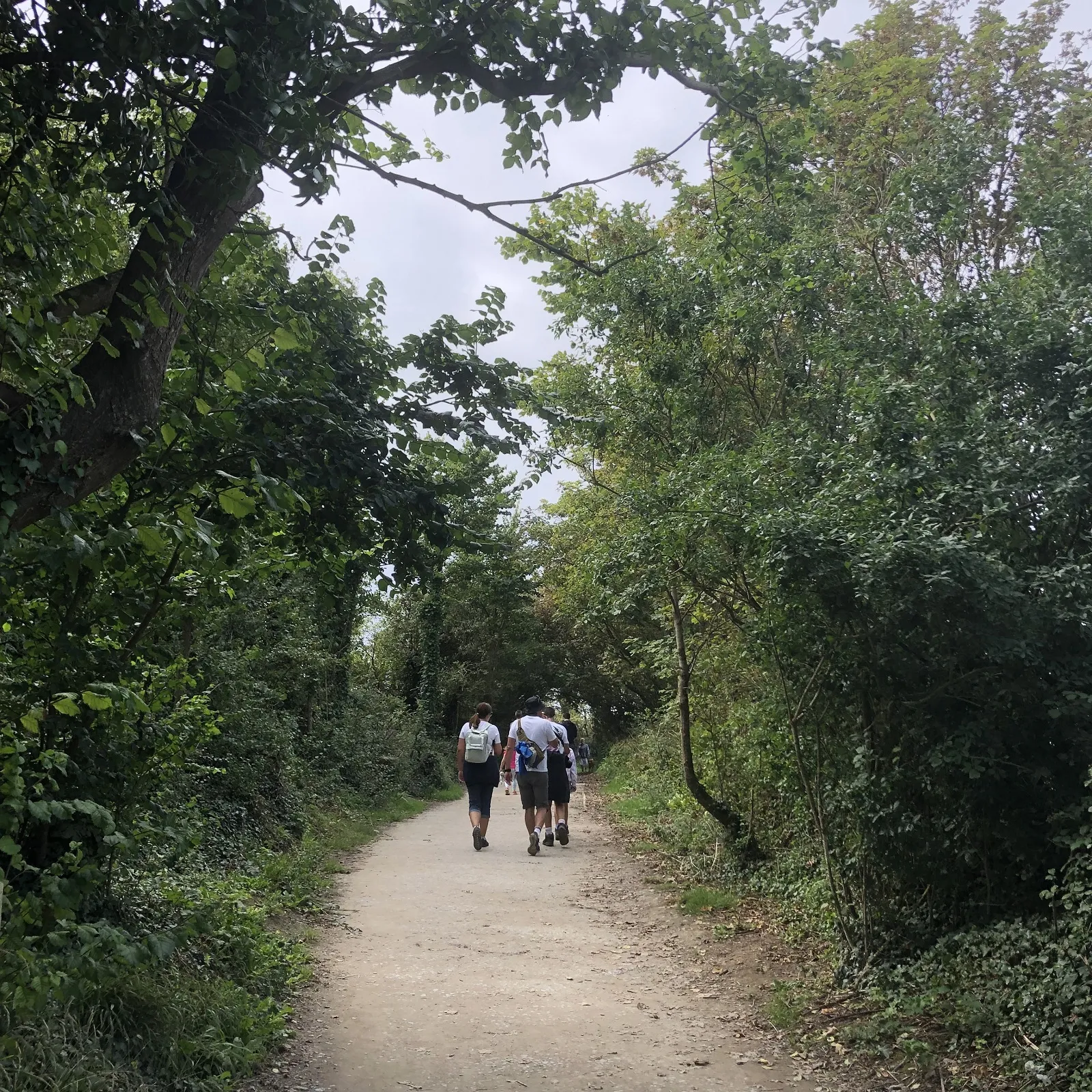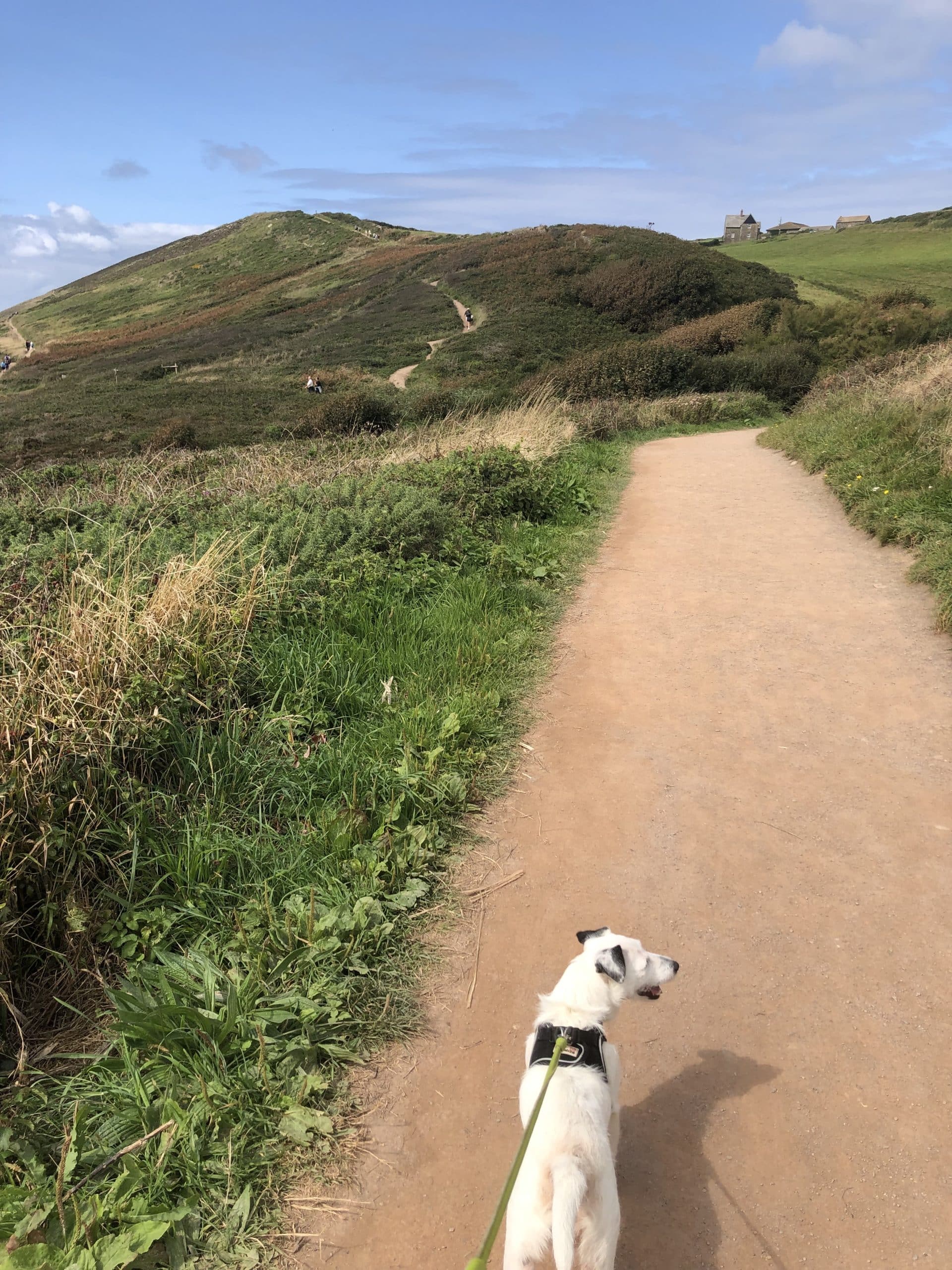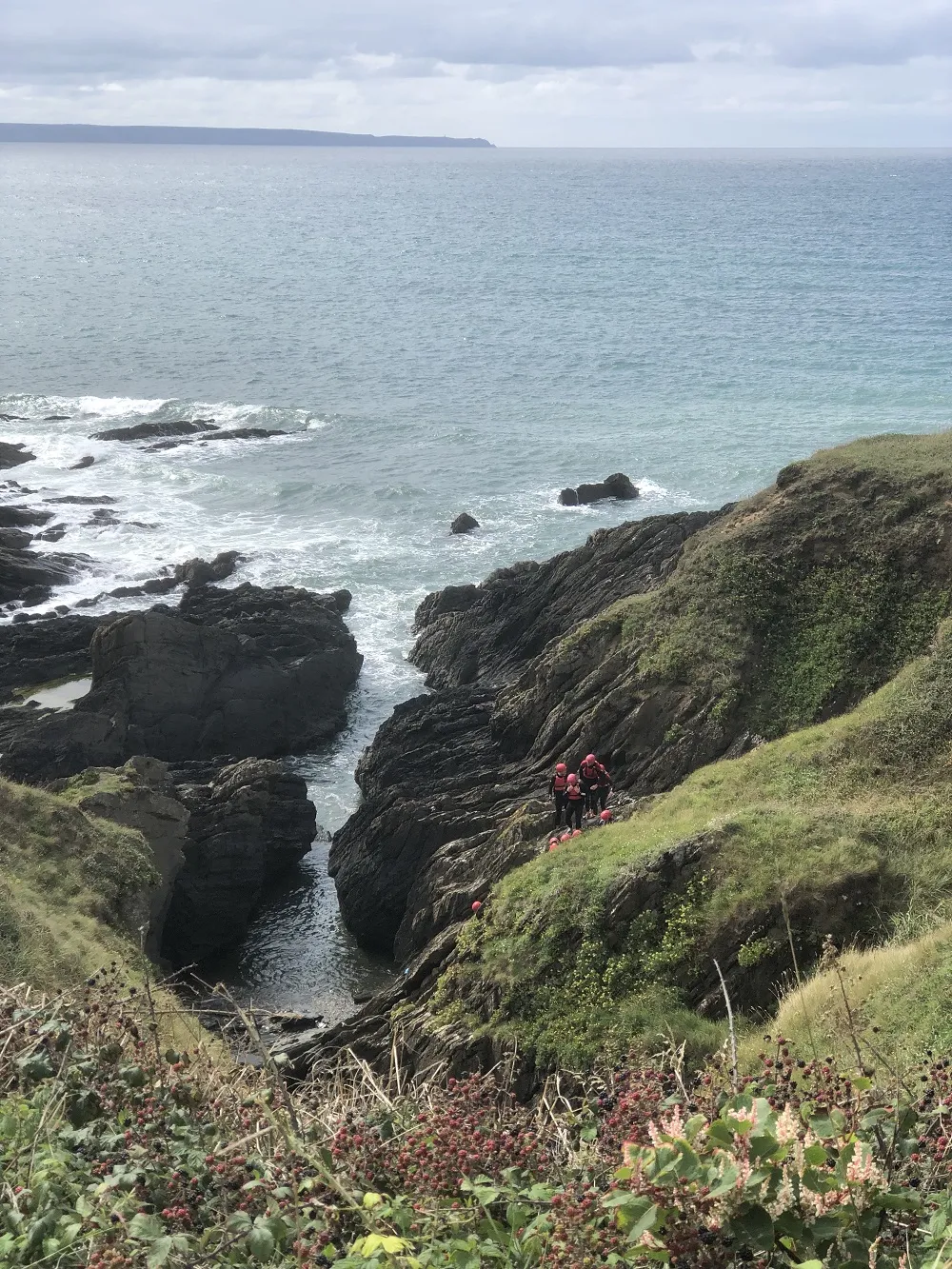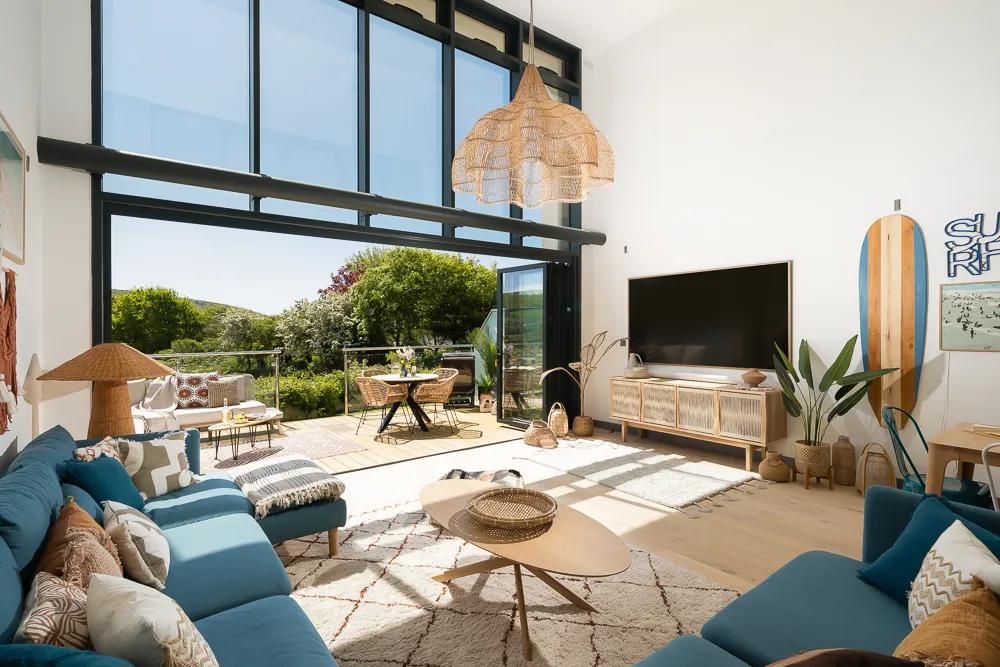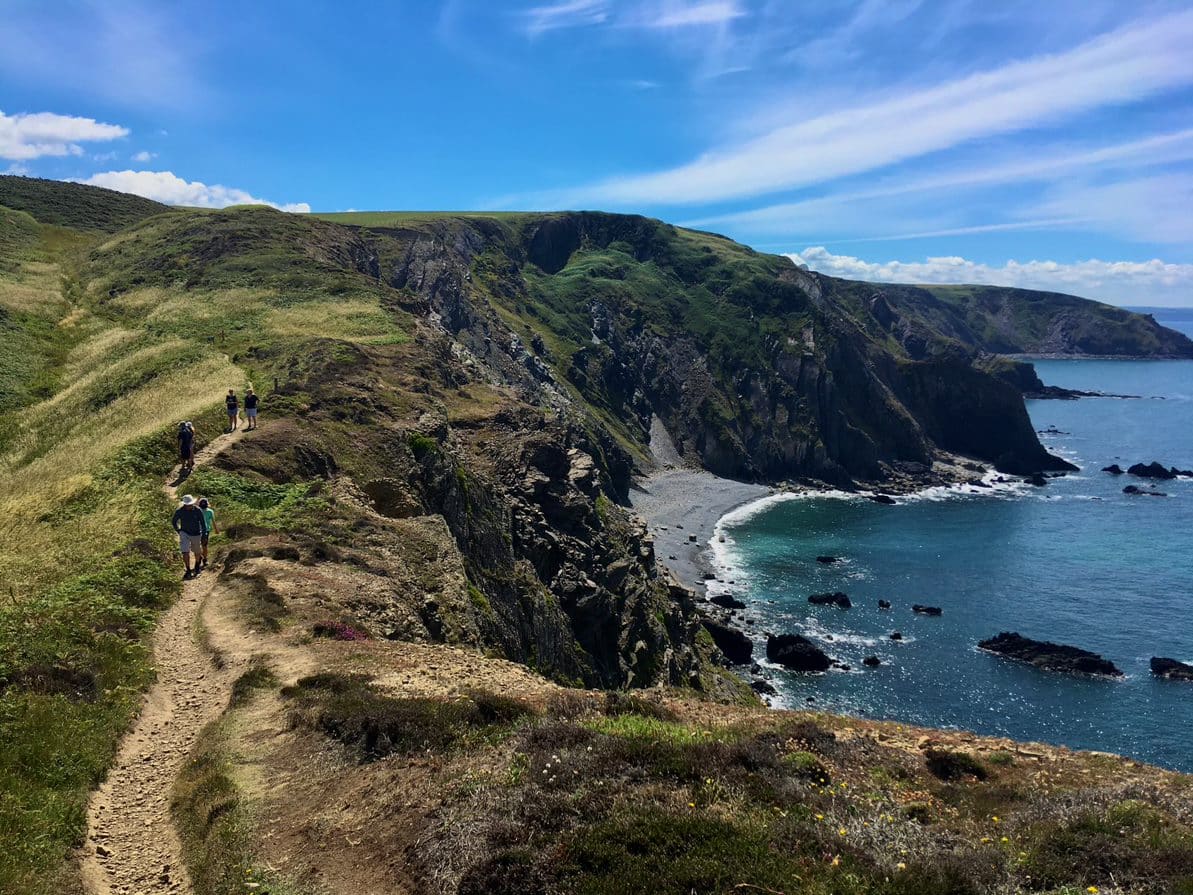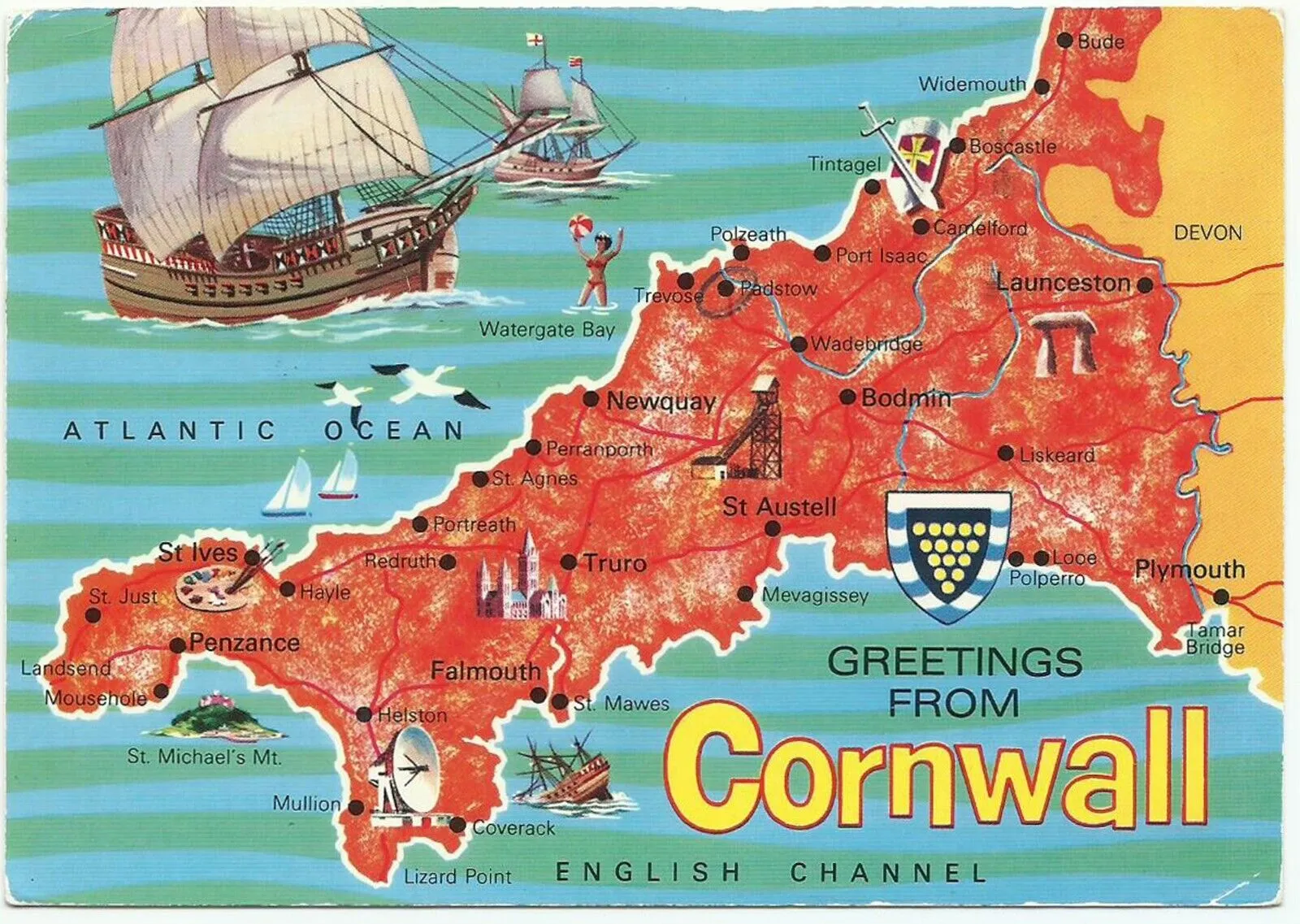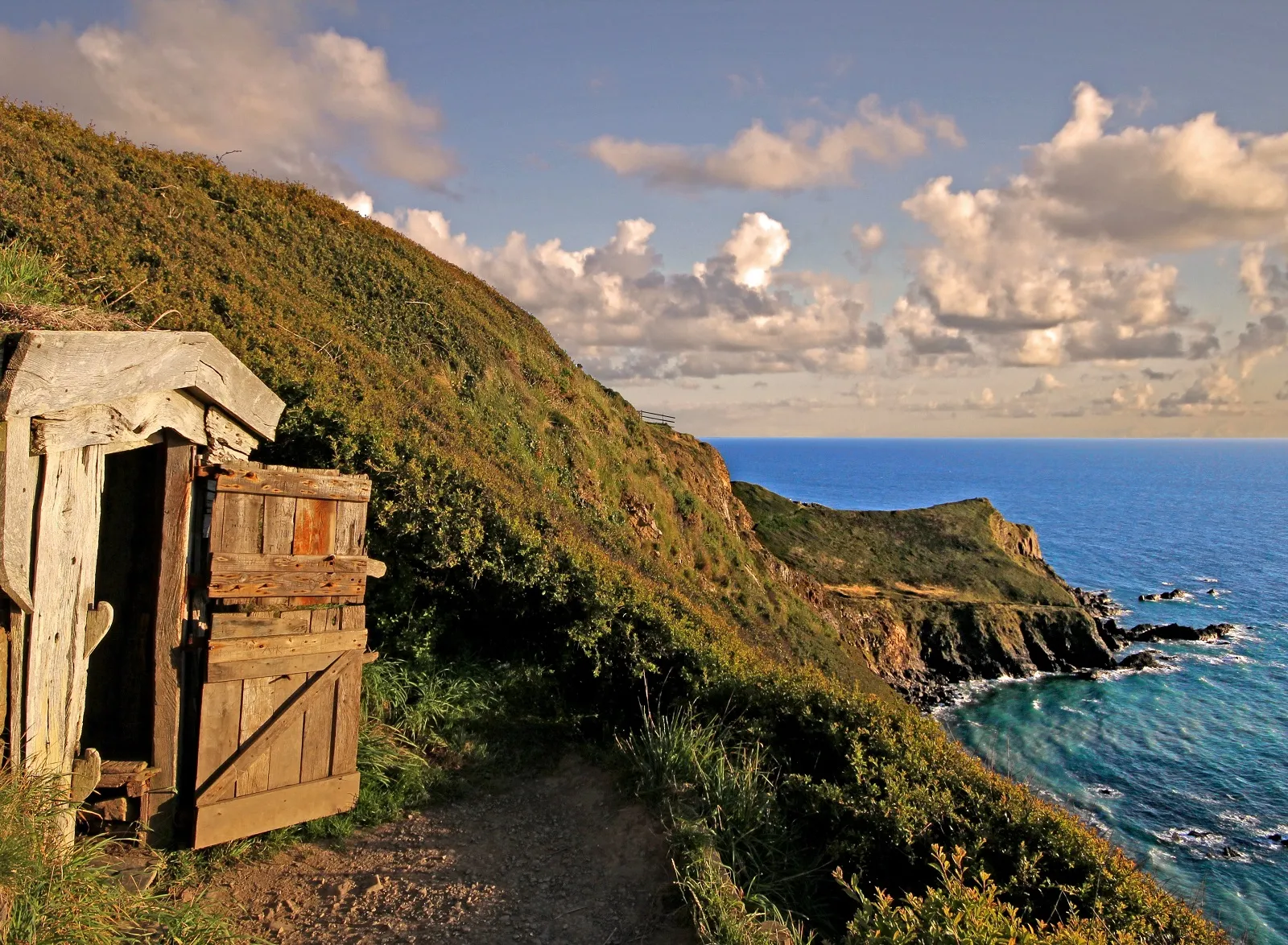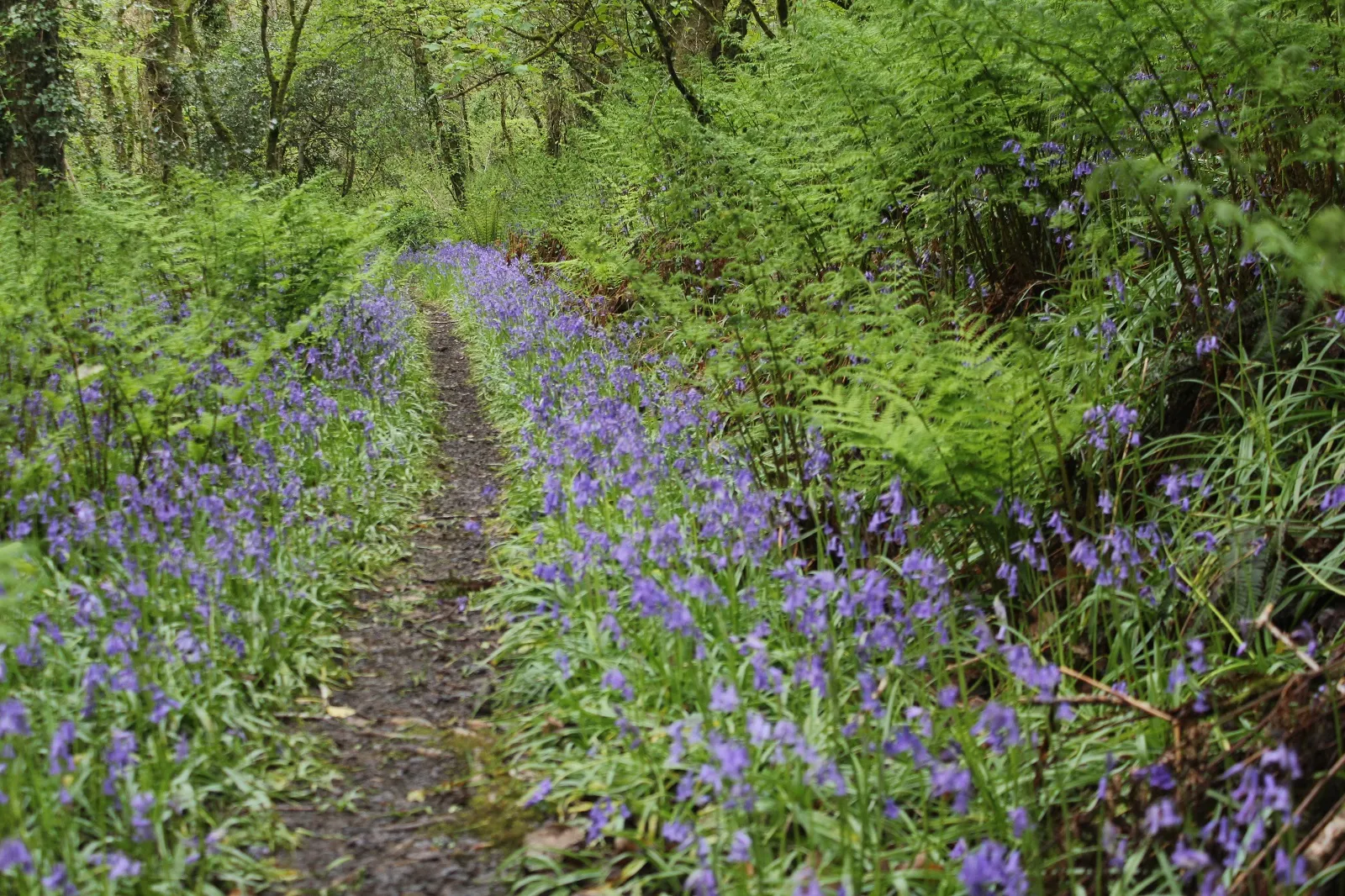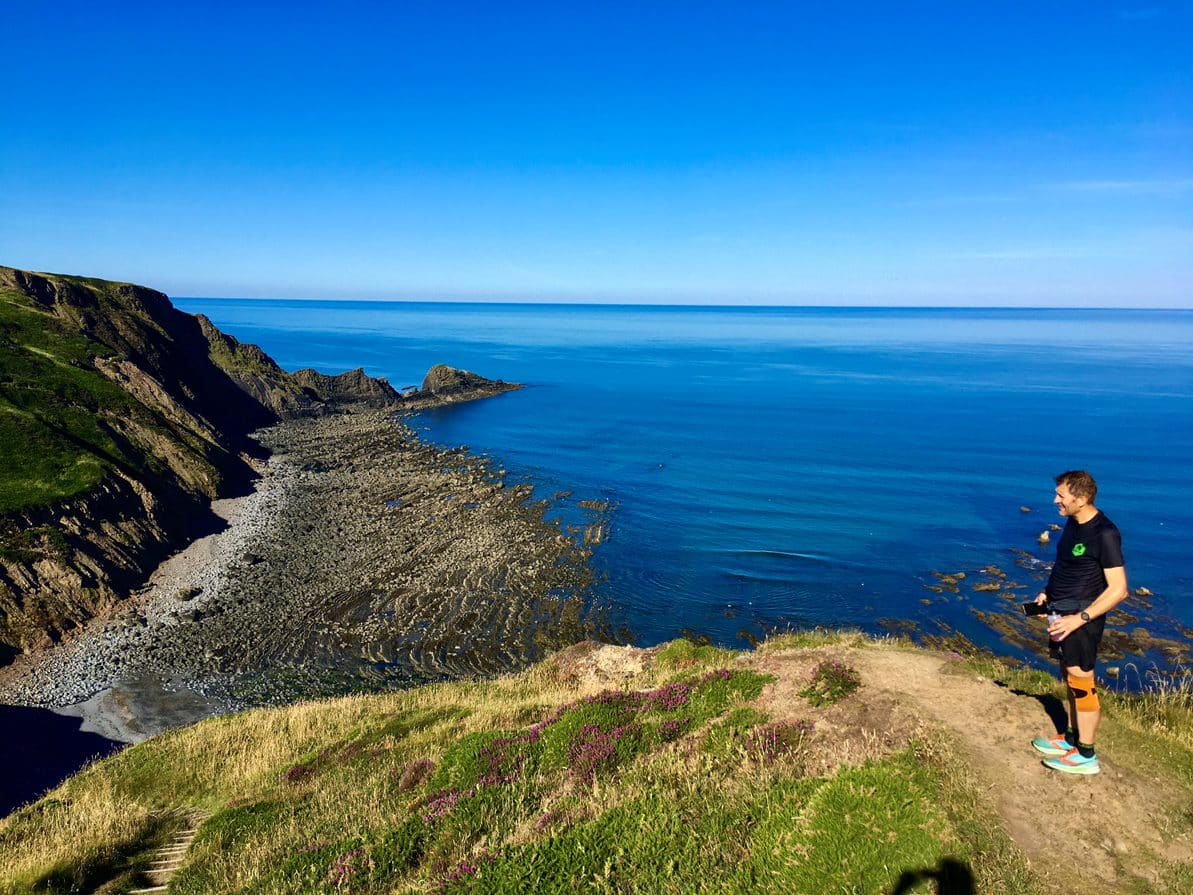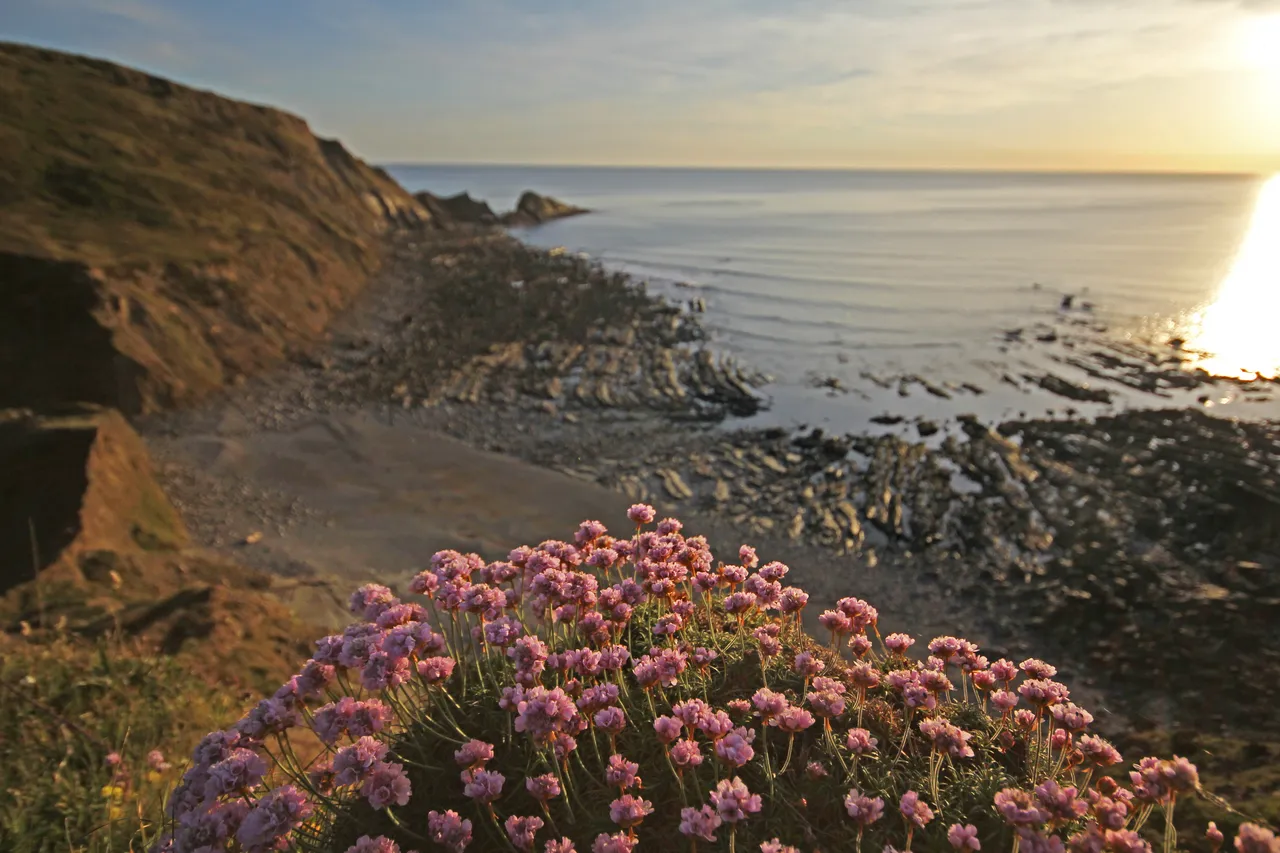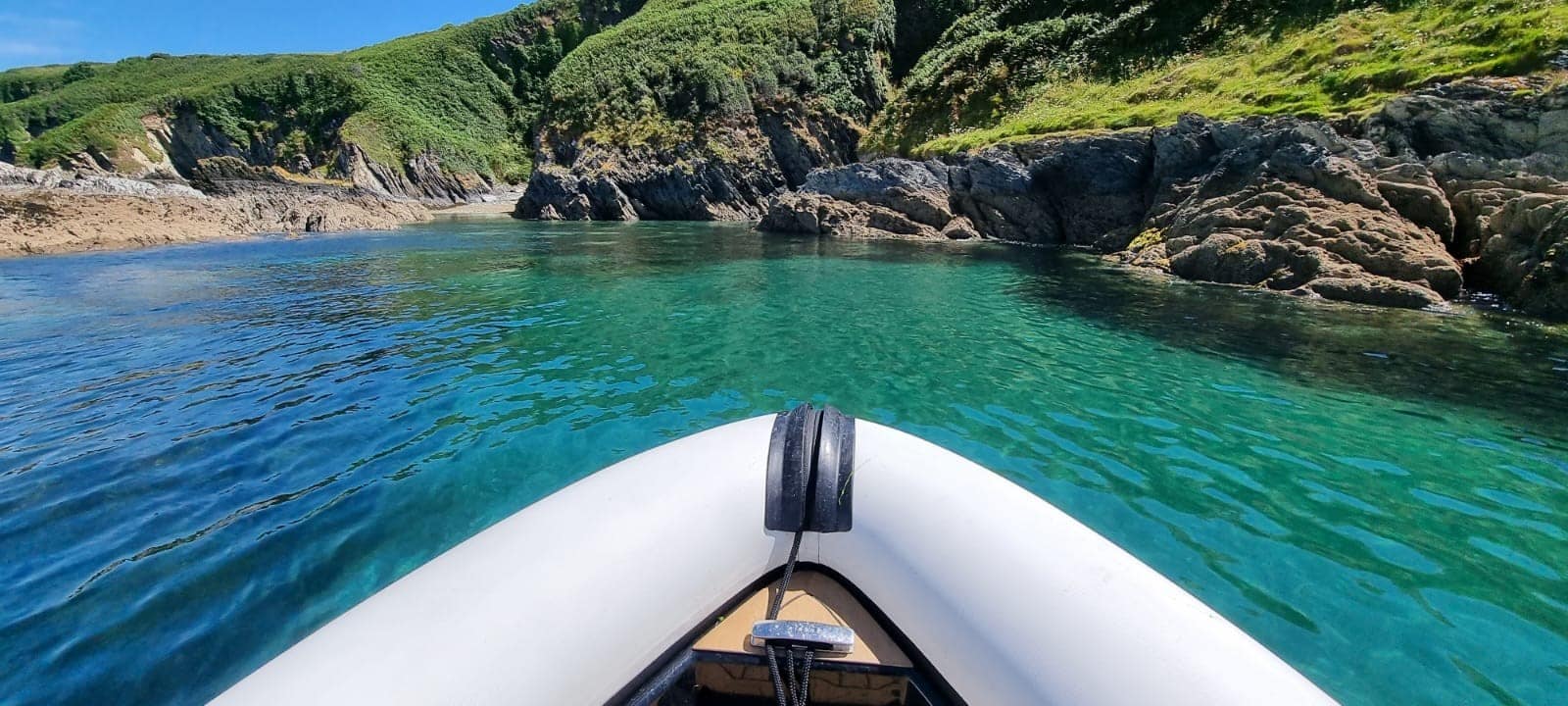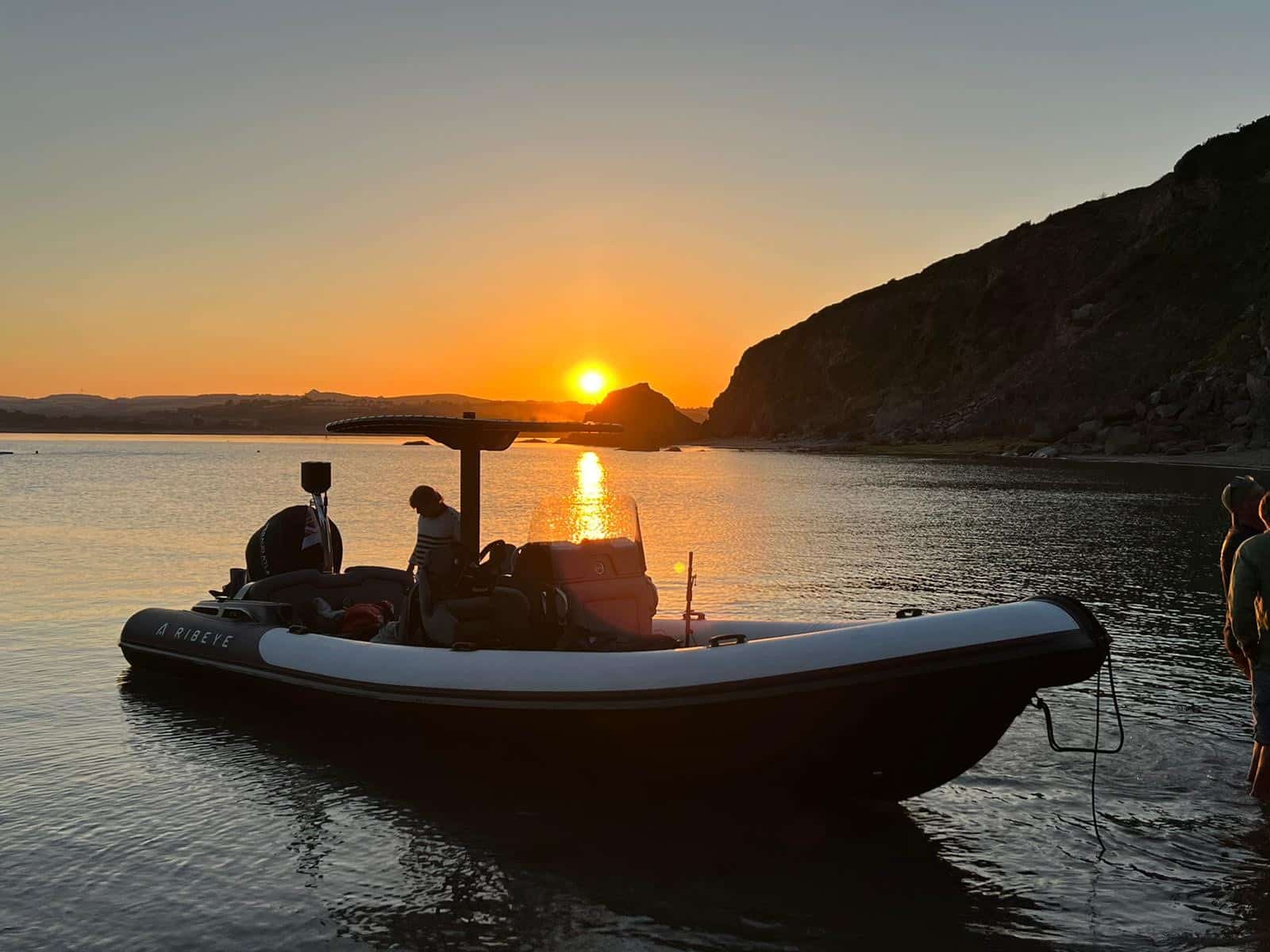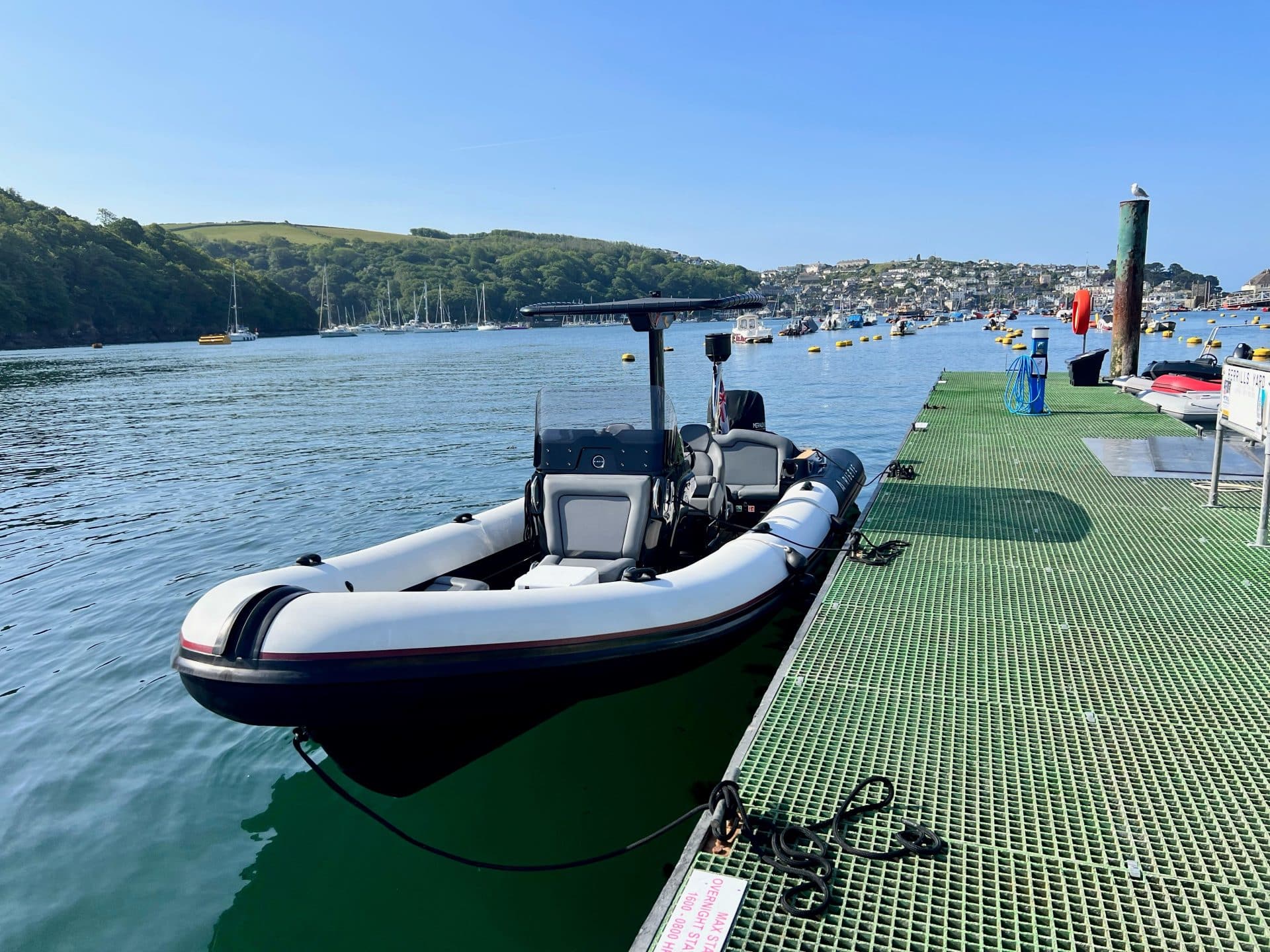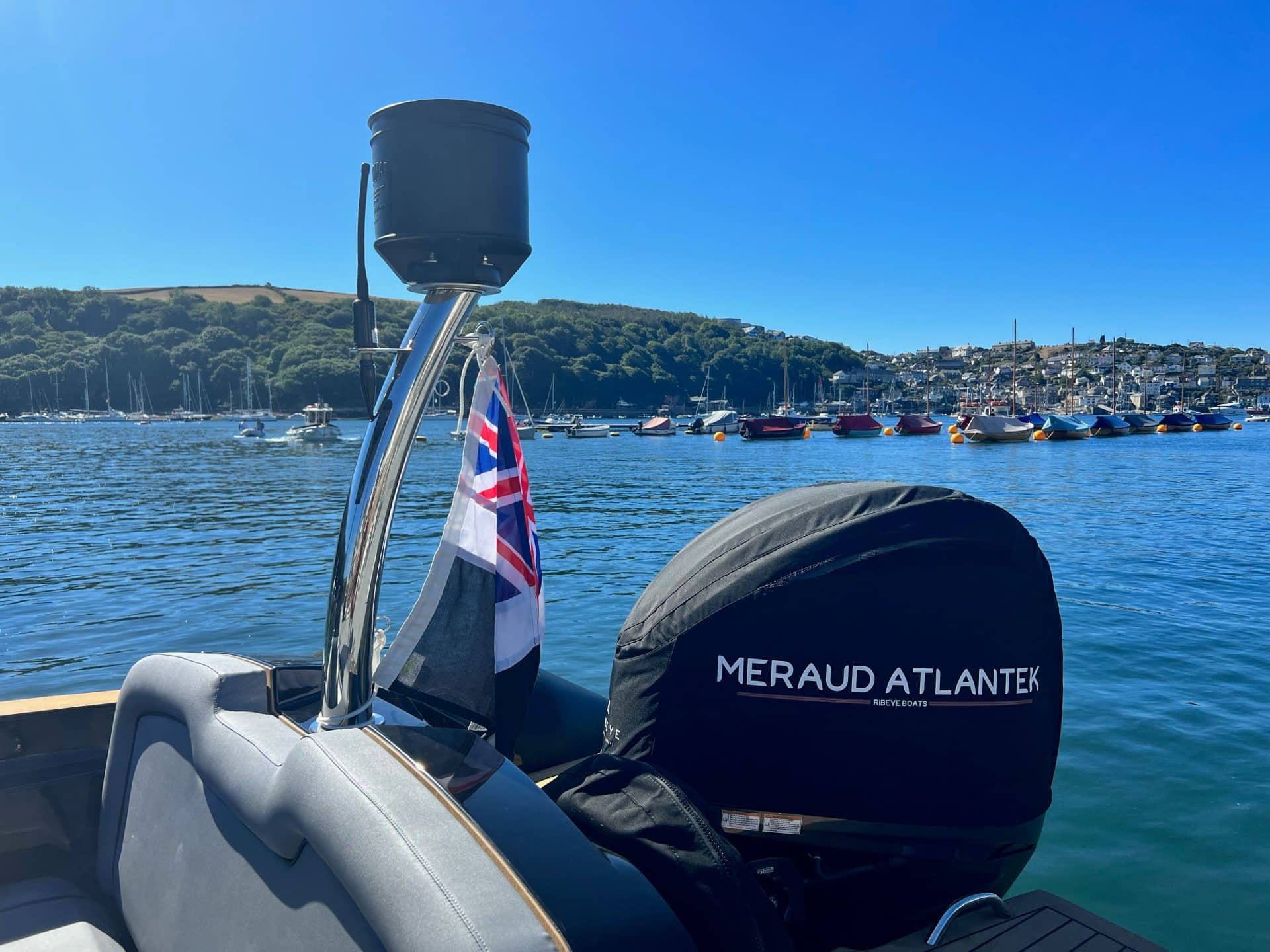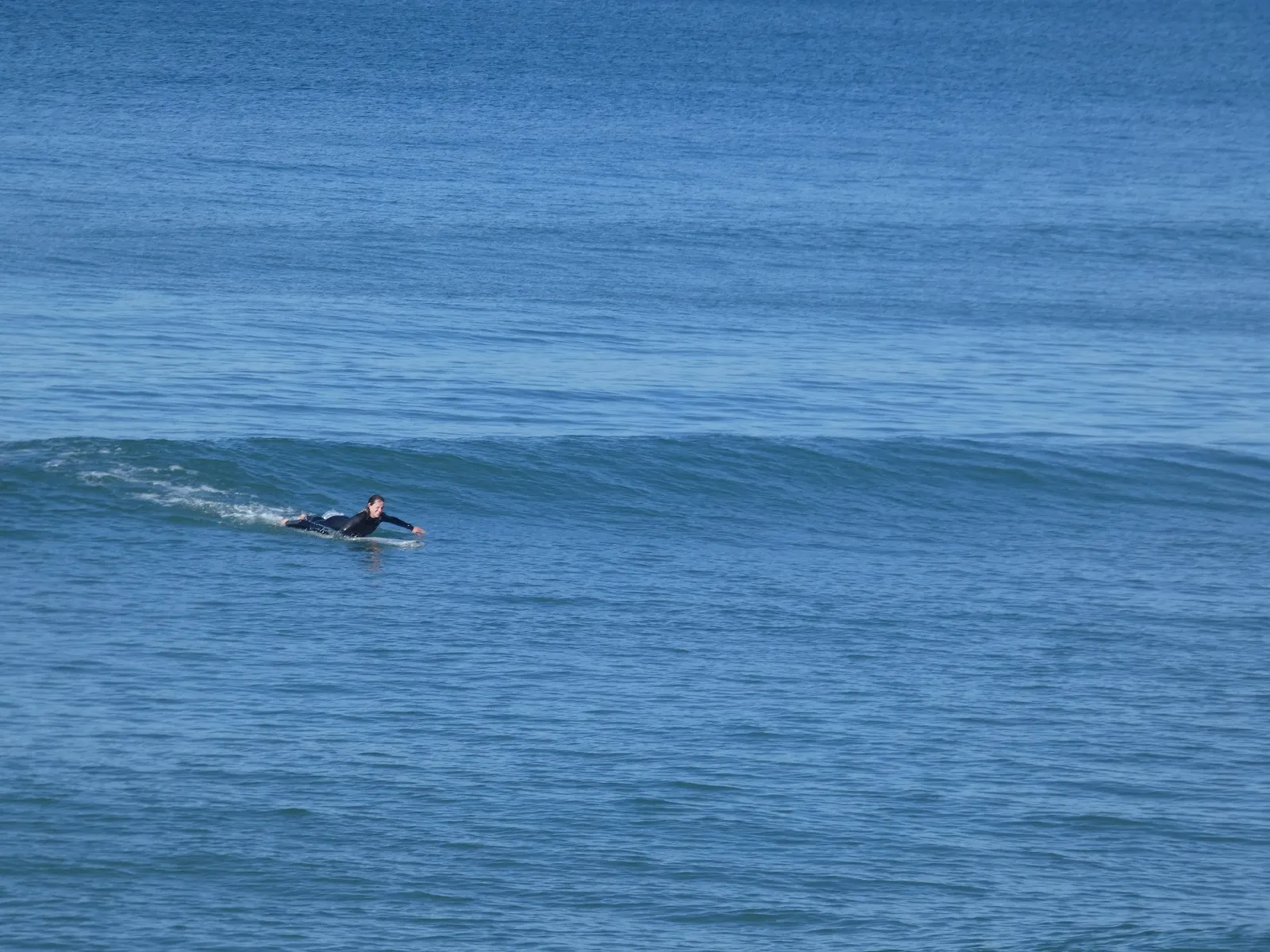
From the far west to the overlooked south east, via the unmatched north, there’s a bay and a board for everyone. Keen board riders and paddlers reveal their chosen craft and coast…
Cornwall’s winding coastline reveals countless unmissable stops for enjoying and exploring the sea by board. Samantha Bruce and Georgia O’Carolan of Whitsand Bay Ladies Surf Club, Matt Hawken at Newquay Activity Centre, and Dan Bassett at Surf St Ives tell us which board they reach for and where they’re heading…
Stay seconds from the surf with our Wave-Seekers Edit: retreats 400 metres or less to a great surfing beach.
Whitsand’s welcoming waves
Organised by the Adventure Bay Surf School, Whitsand Bay Ladies Surf Club was Georgia O’Carolan’s first surf experience. “Outrageously, I didn’t start any board sports in the water until joining the Club when I was 27 because I thought I was too old to learn, which I now think at nearly 30 is just beyond silly.
“Our swells might not come in as big and fierce as the north coast generally, but we’re a great surf destination when it’s in.”
“We have all ages, sizes and abilities in our club and it doesn’t matter how good you are, as long as you’re safe – which might mean a lesson or a lifeguarded beach – you belong there in the sea. My tip for a novice would be to just go out and do it!”

Image credit: Adventure Bay Surf School
Georgia – RNLI lifeguard – says her corner of Cornwall on the south east coast is a little quieter which can mean more choice and opportunities to catch waves out in the bay. “Our swells might not come in as big and fierce as the north coast generally, but we’re a great surf destination when it’s in, and great for beginners and intermediates.”
And when she is paddling out at Whitsand she opts for a Mick Fanning Sugar Glider, either 7ft 6in or 7ft. “It’s fast and fun, and the first time apart from a rescue board, I’ve used a single-fin board.”
Fancy staying in Whitsand Bay? Have a look at our Whitsand Bay holiday properties.
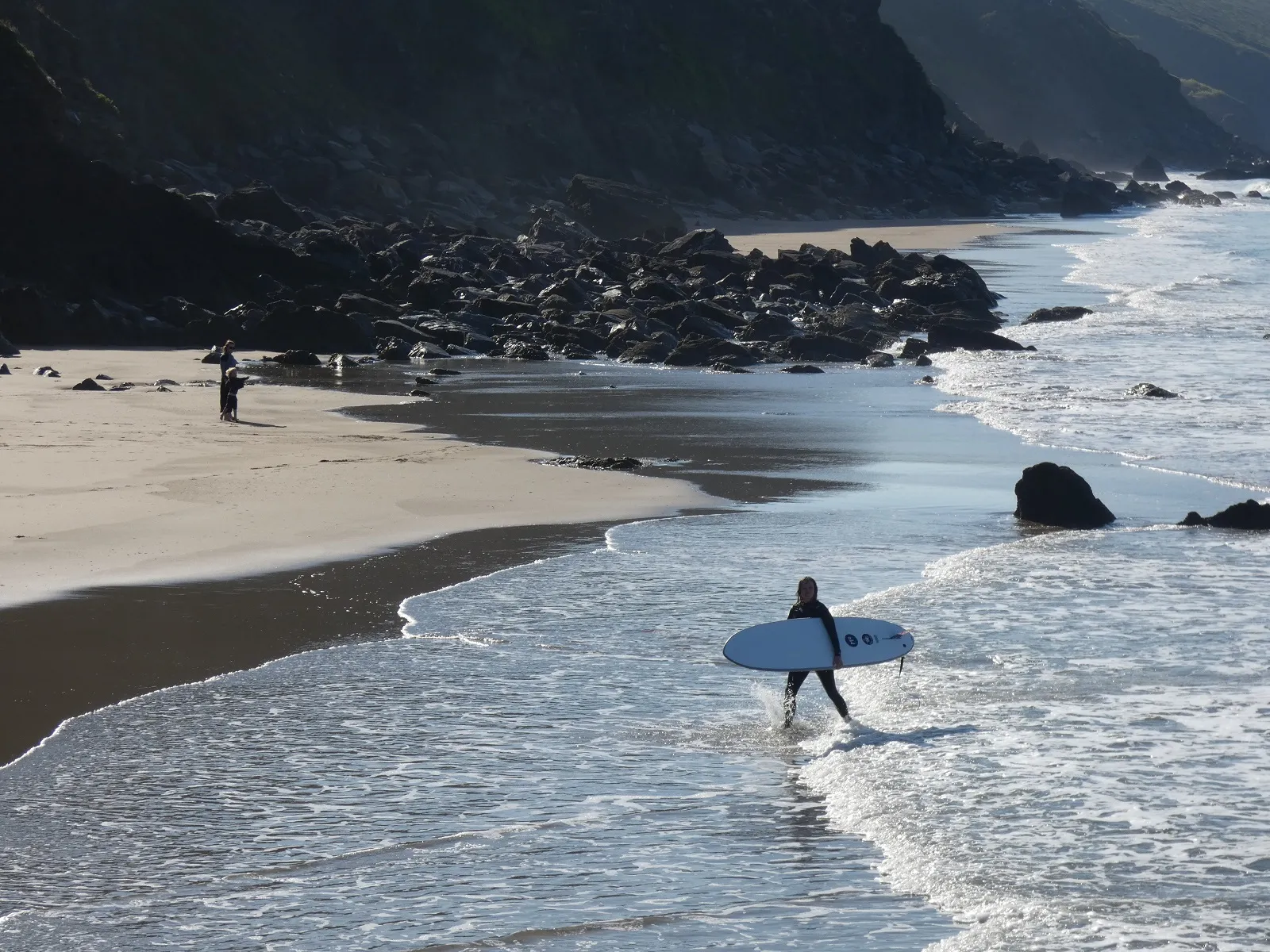
Image credit: Adventure Bay Surf School
Fellow Ladies Club member Samantha Bruce goes for the KORE 7ft 2 Fun board when she’s catching waves at Tregonhawke or northwards at Bude.
What makes a great surfing beach? “A long sandy beach, with minimal rocks, a short approach – so I’m not carrying my board for miles – and even better if there’s a coffee van or food shack for a refuel and hang after,” says Samantha.
Her preferred conditions are 3-4ft, slightly wild waves. “I enjoy the challenging conditions and having a laugh with the girls while navigating them,” she adds.
For first timers, Samantha recommends a small group or 1:1 lesson. “Speaking as someone who wanted to surf for years but was apprehensive, you’ll know instantly if it’s for you, then find a group to be part of.”
“At about mid-tide you can dot in and around Little Lusty through the rocks, and there’s even a secret cave to paddle through.”
Paddle north
“It’s beautiful and so peaceful – teaming with wildlife and amazing views. It can be difficult to find a good launch spot, if you don’t know the area, and it’s definitely worth knowing your tides, but it’s one of the best spots to paddleboard on the north coast.”
Matt Hawken, paddleboard instructor at Newquay Activity Centre, is talking about the River Gannel which meets the sea at Newquay. Staying with the whole family or all your best friends, everyone can enjoy stand-up paddleboarding along the Gannel.
“Because it’s so sheltered, it’s an awesome spot for all skill levels,” says Matt. “With the right tide and the best spots, the water barely moves and it’s great for enhancing your skills.”
Waterborne explorers can venture upriver to Trevemper or downriver to Crantock Beach, with a guided tour the best way to find the ideal launch spots and tidal conditions. A calm, laidback board choice, paddleboarding reveals views and coastline locations hidden when exploring on land.
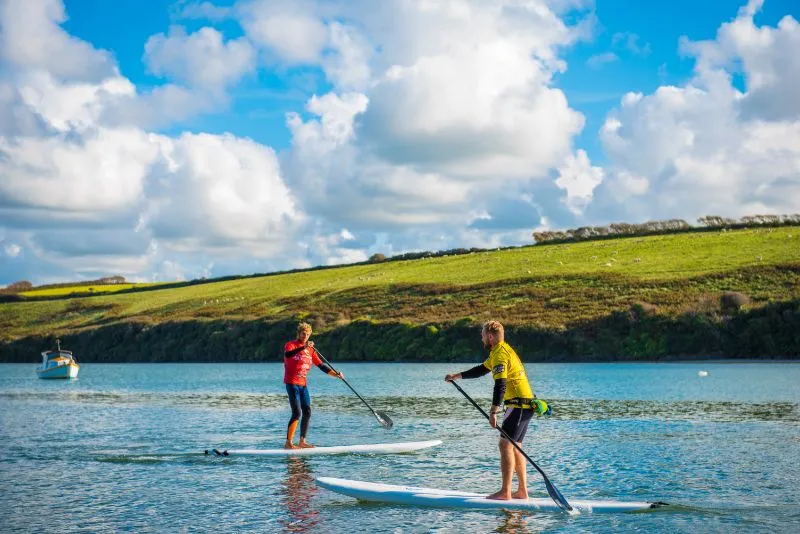
Image credit: Newquay Activity Centre
As well as floating down isolated creeks along the Gannel, Matt recommends the expanse of Newquay Bay on a calm summer’s day. “It’s surprisingly sheltered for the north coast of Cornwall. At about mid-tide you can dot in and around Little Lusty through the rocks, and there’s even a secret cave to paddle through. And then down to Porth beach for a quick break and back towards the harbour. The water is crystal clear, the sun is shining, there might even be seals and dolphins enroute.”
Wood for waves
Surf St Ives’ Daniel Bassett chooses an Alaia, a fin-less style of wooden surfboard originating from Hawaii, for his board-based excursions.
Wooden surfboard crafters, Otter Surfboards, describe the Alaia as “a thin, narrow, solid wood surfboard with a round nose and square tail and, most importantly, no fins. They originated in pre-contact Hawaii where they were shaped from Koa wood left over from producing canoes and they were usually around 7-12 feet long. Modern Alaias usually come up between 5 and 8 feet long.”
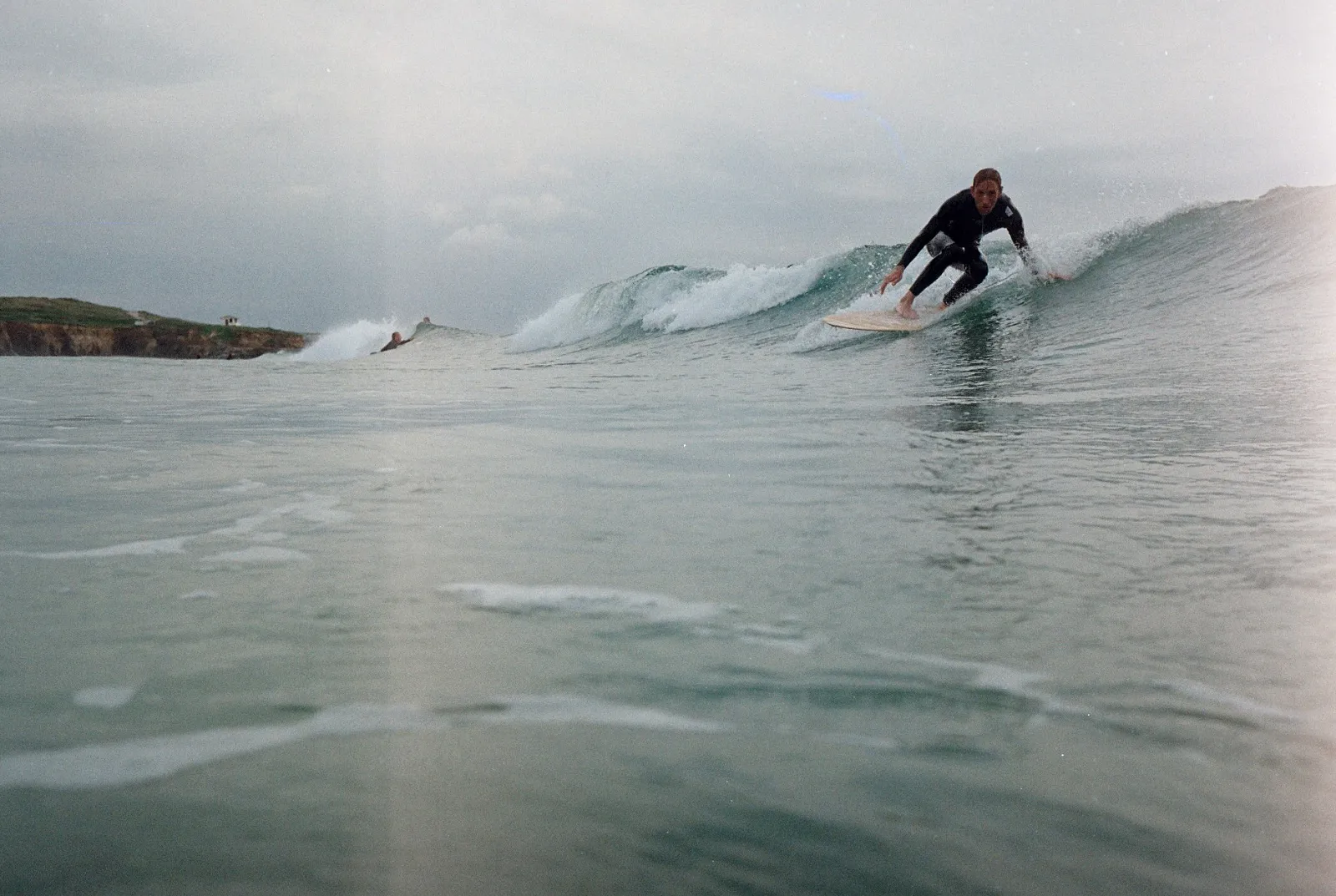
Image credit: Daniel Bassett @surfstives
Daniel says he likes to be out on the Alaia at Godrevy, near Hayle, but is happy catching a wave along the coast as long as it is breaking on his left side as he glides towards the sand, known simply as a left.
Spacious beaches and September swells are the best conditions for Daniel who surfs to “escape the worries of everyday life and be at one with the elements.”
“I’d recommend spending time on a bellyboard for learning how to read the ocean and feel comfortable in the water, before progressing to surf-craft,” he says.
All along the coast, wooden bellyboards can be hired for free thanks to Surf Wood for Good. A bellyboard for acclimatising to the waves can be picked up for the day from just inland of St Ives Surf School at Little Goat Gruff. And there’s more than 10 locations across Cornwall to pick-up a borrowed bellyboard for wave-seeking elsewhere.
Read our blog on the best things to do in the sea in every season.
A secluded stay for two or a celebration pad for everyone, choose where you’ll stay for your chosen board time…
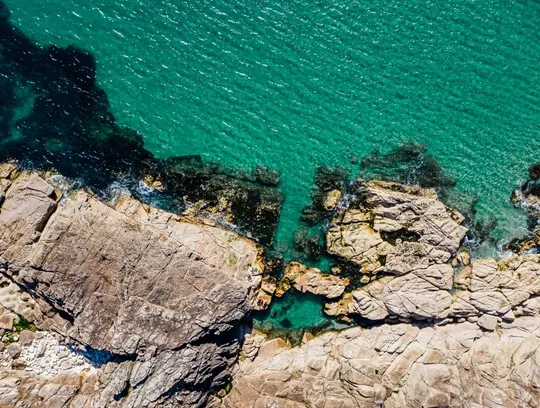
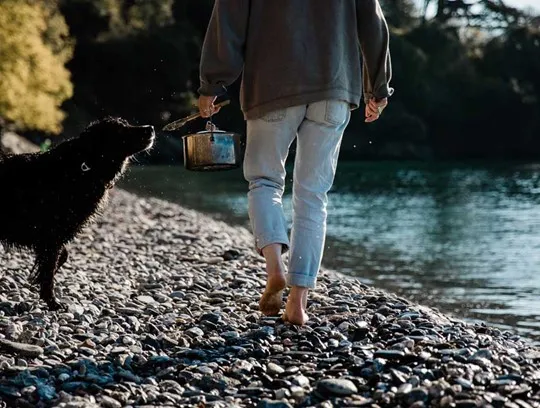
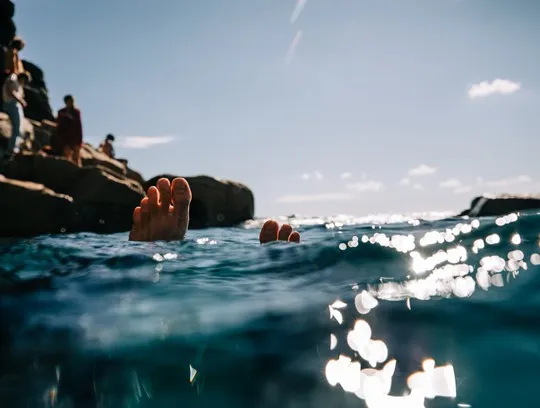
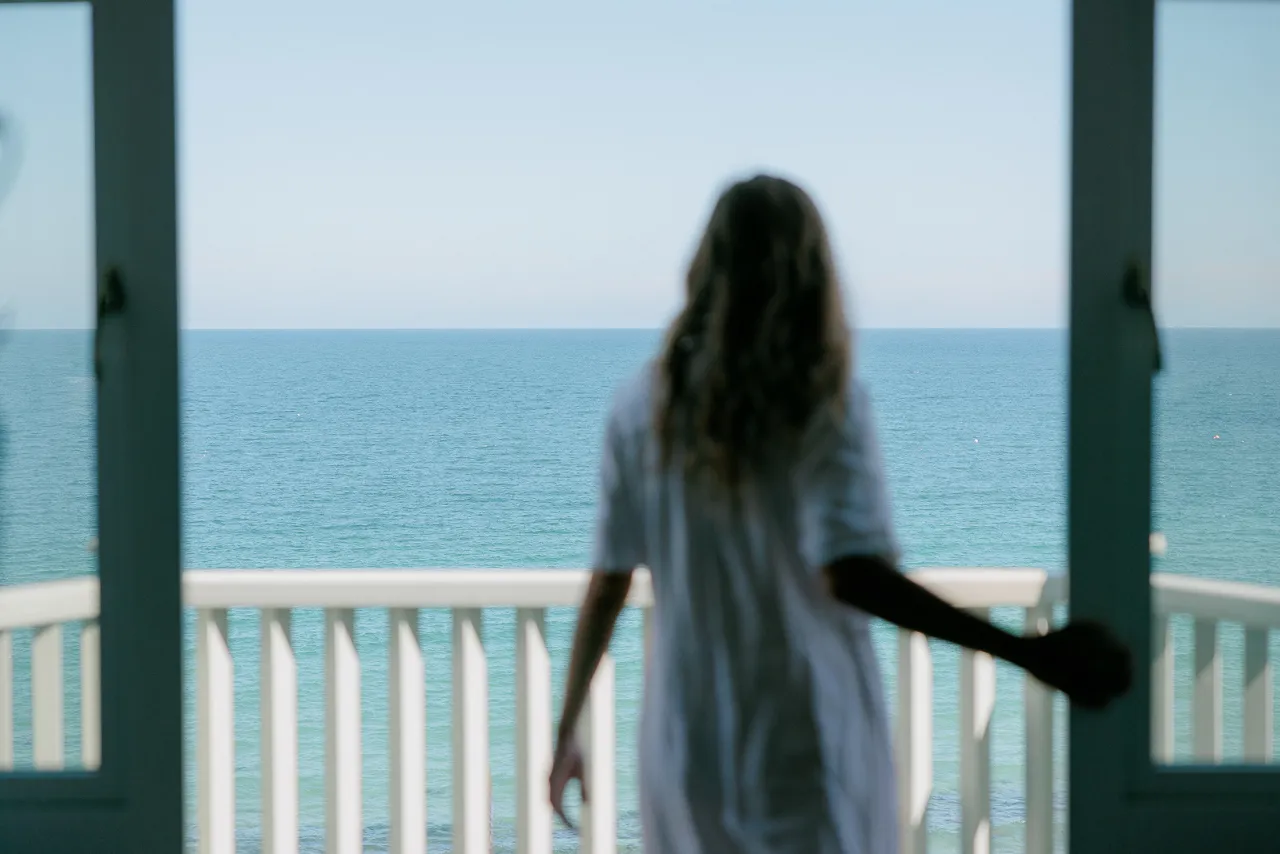
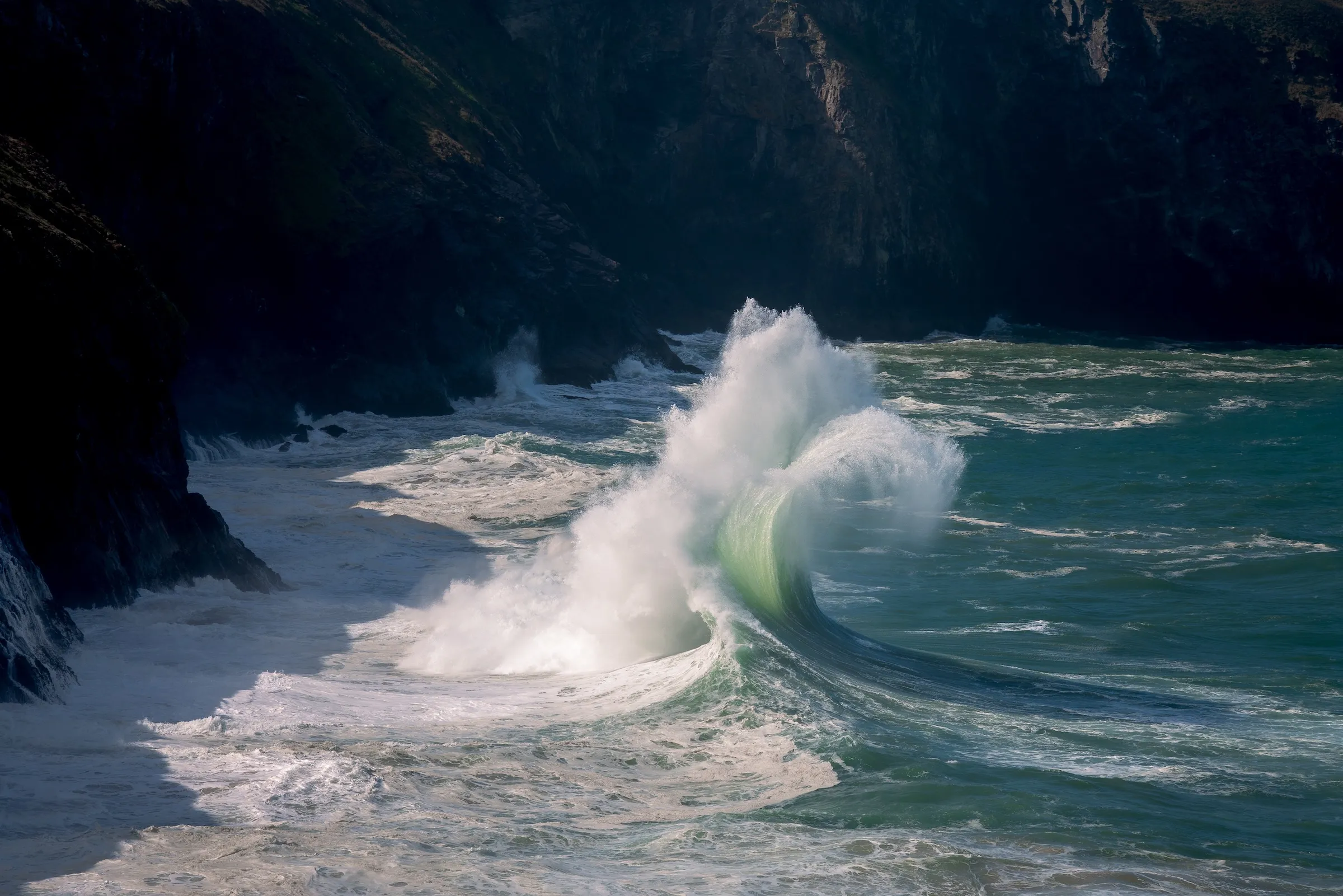
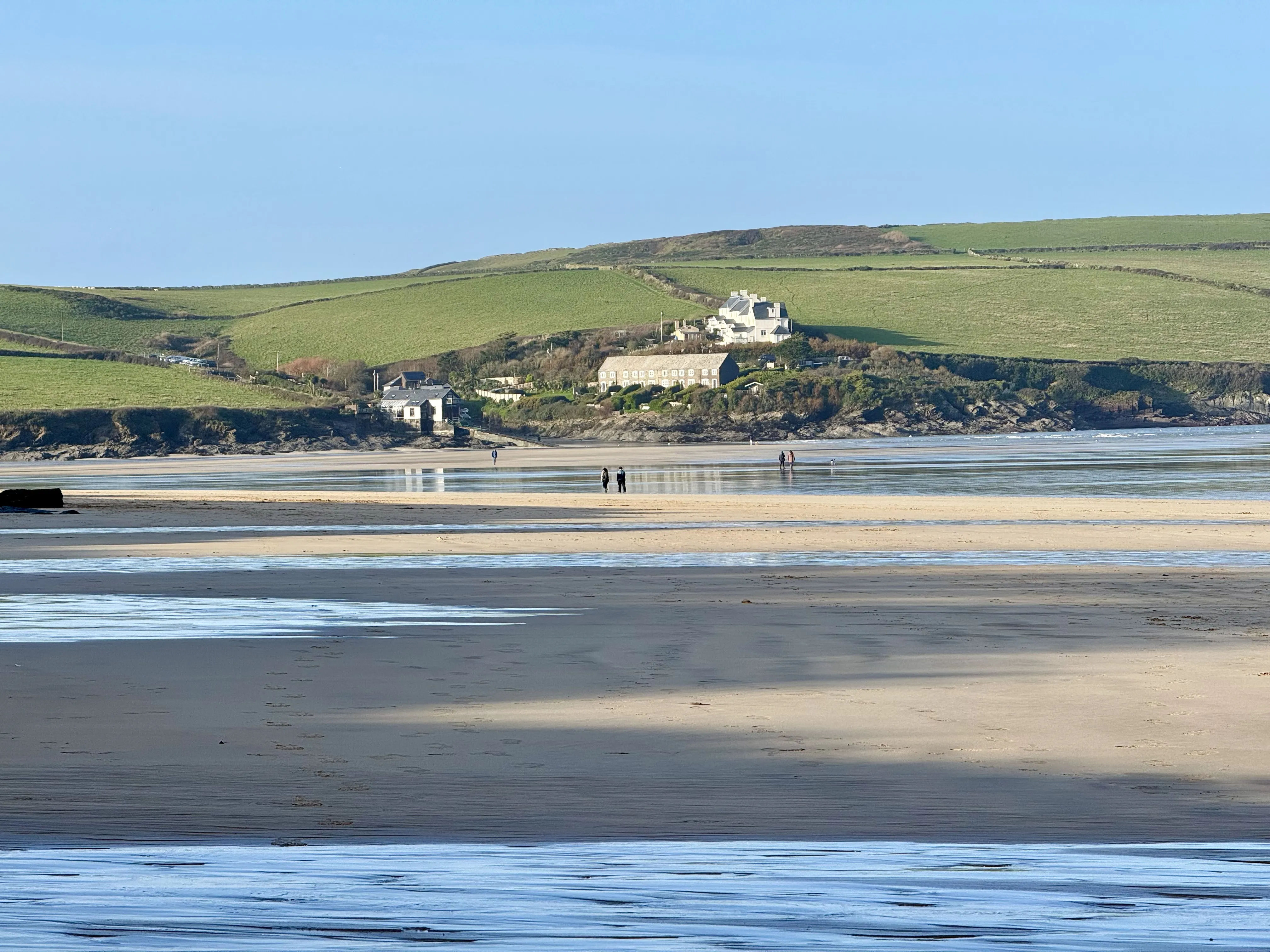
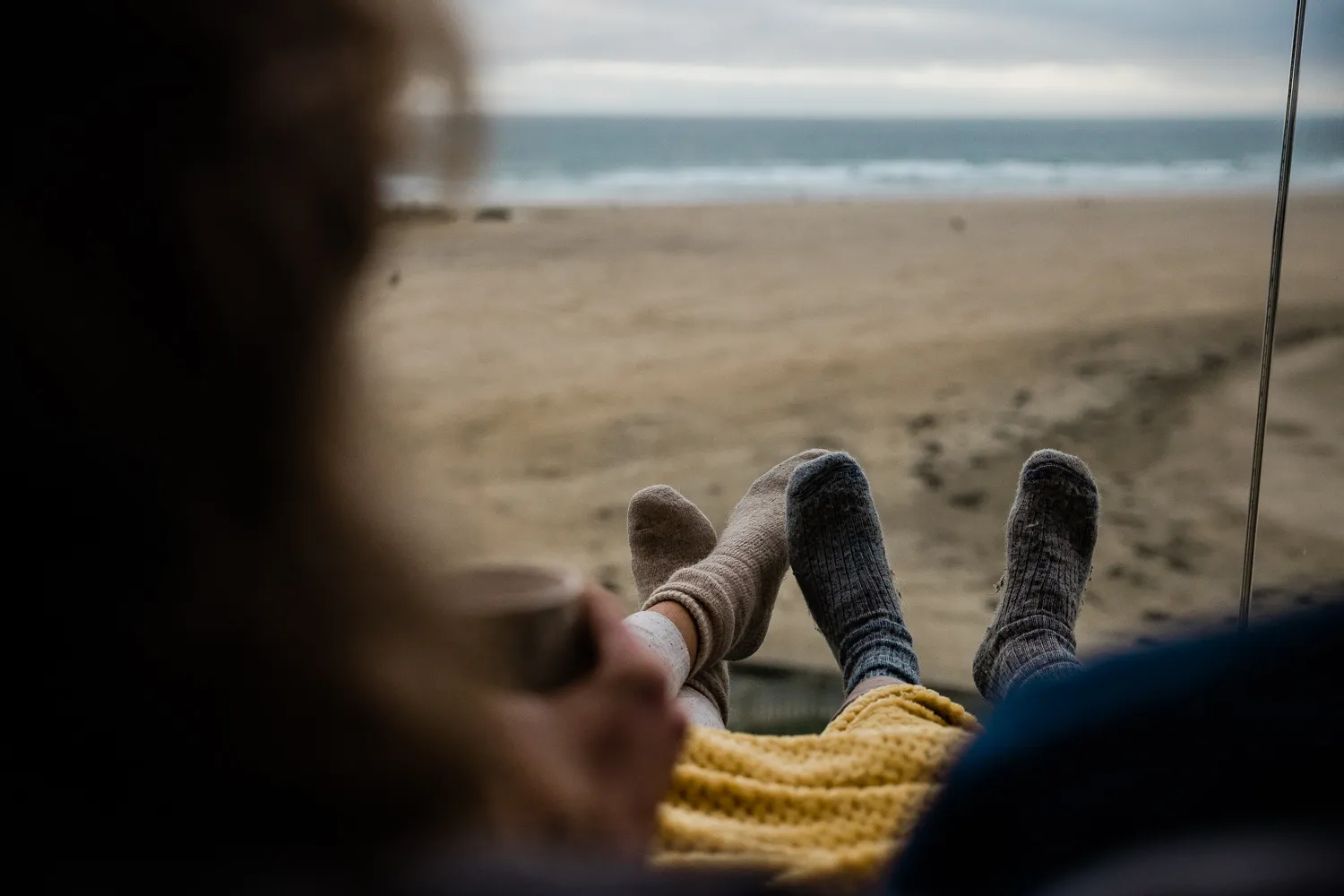
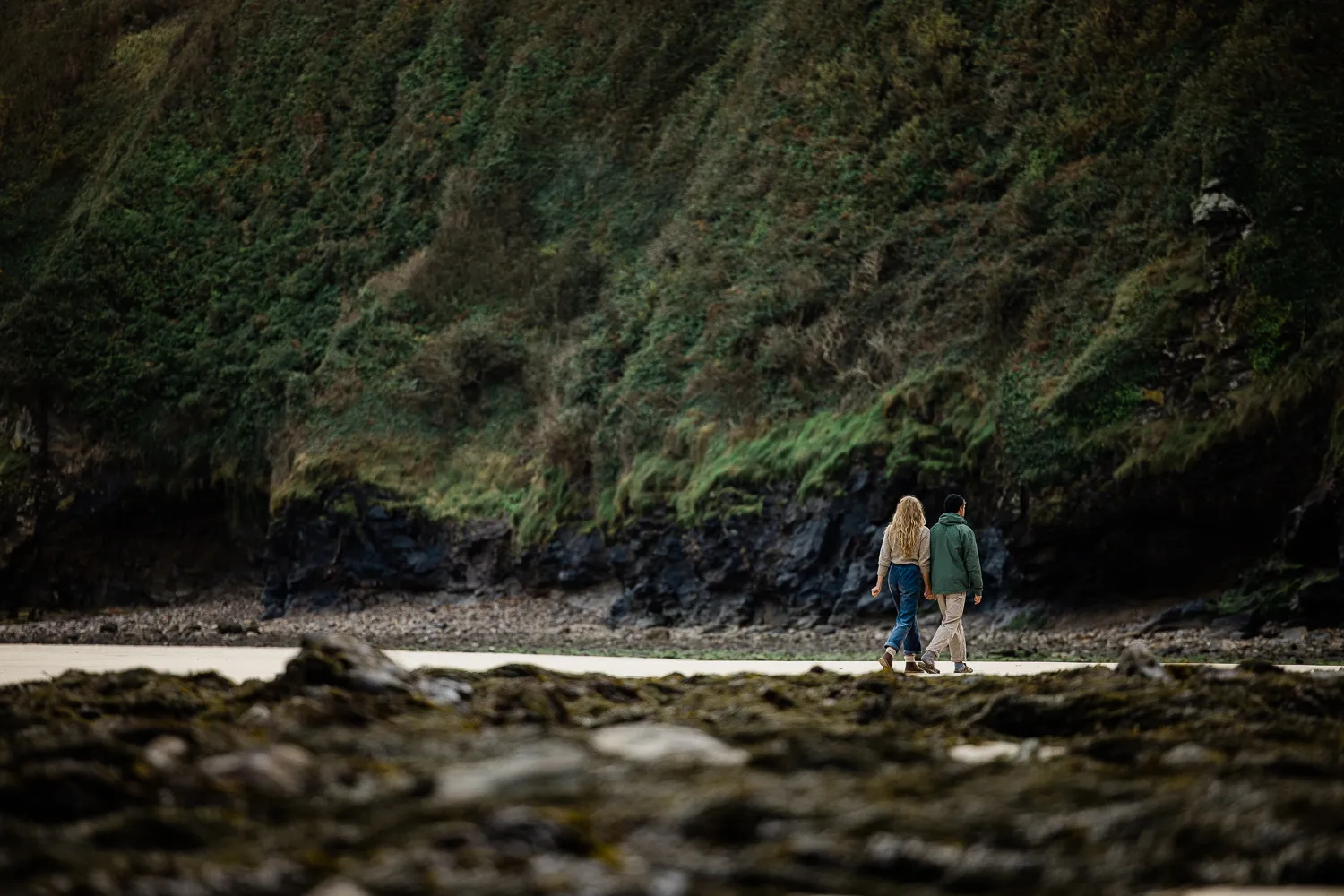
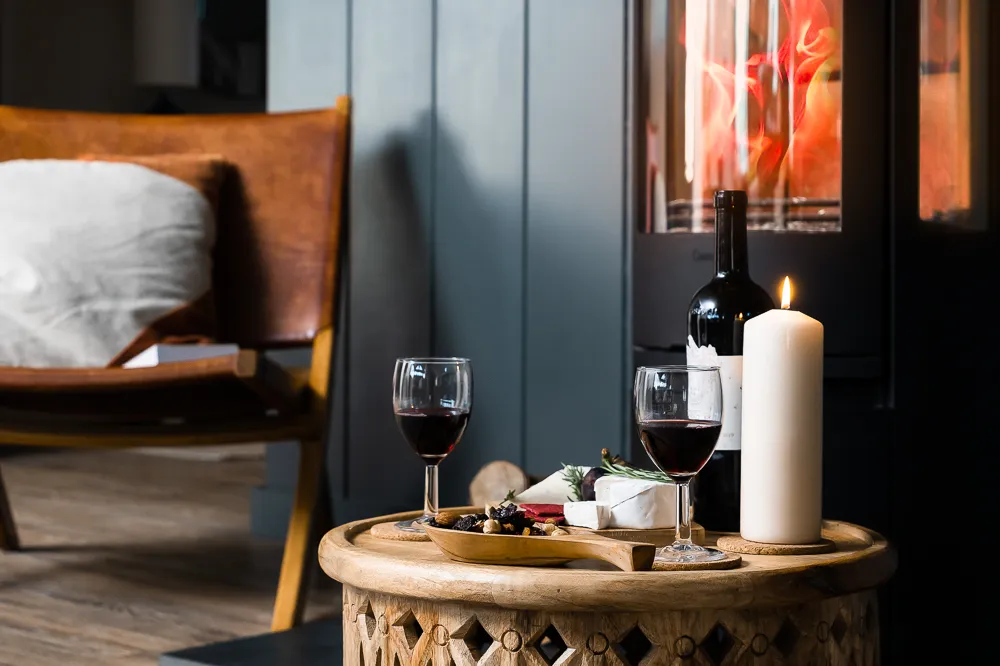
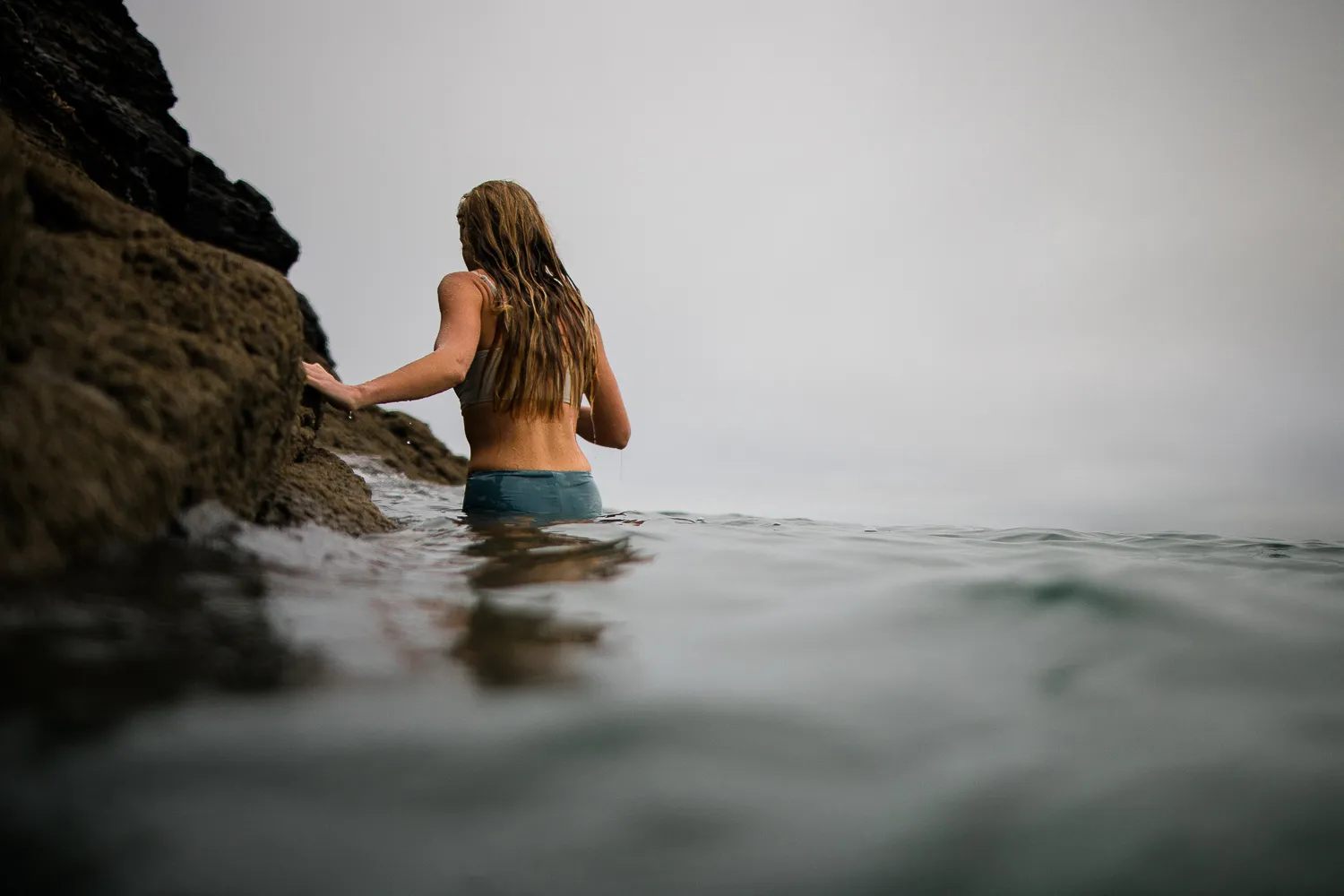
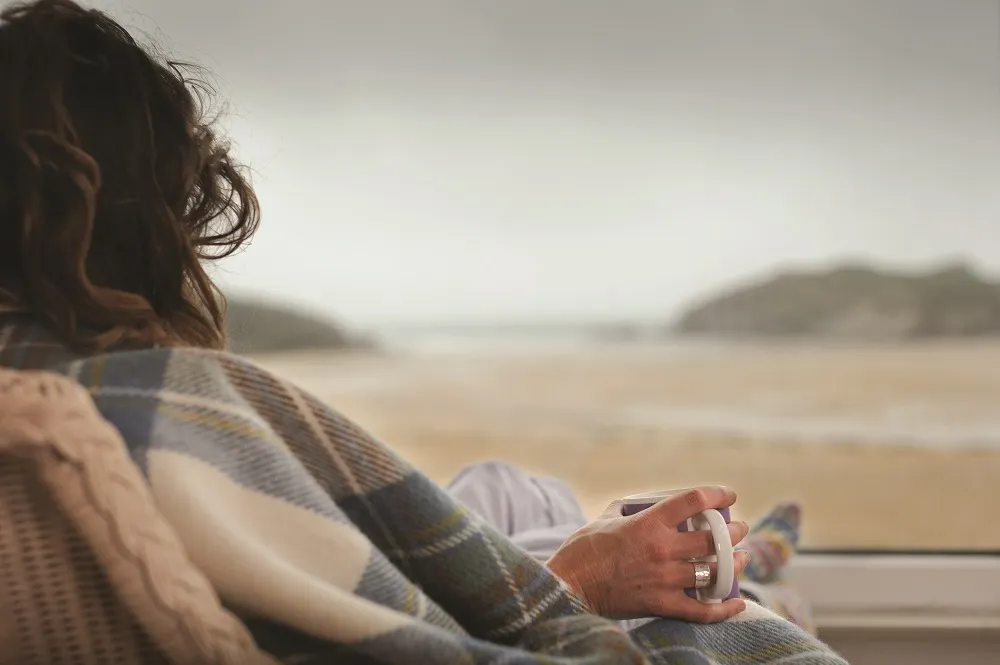
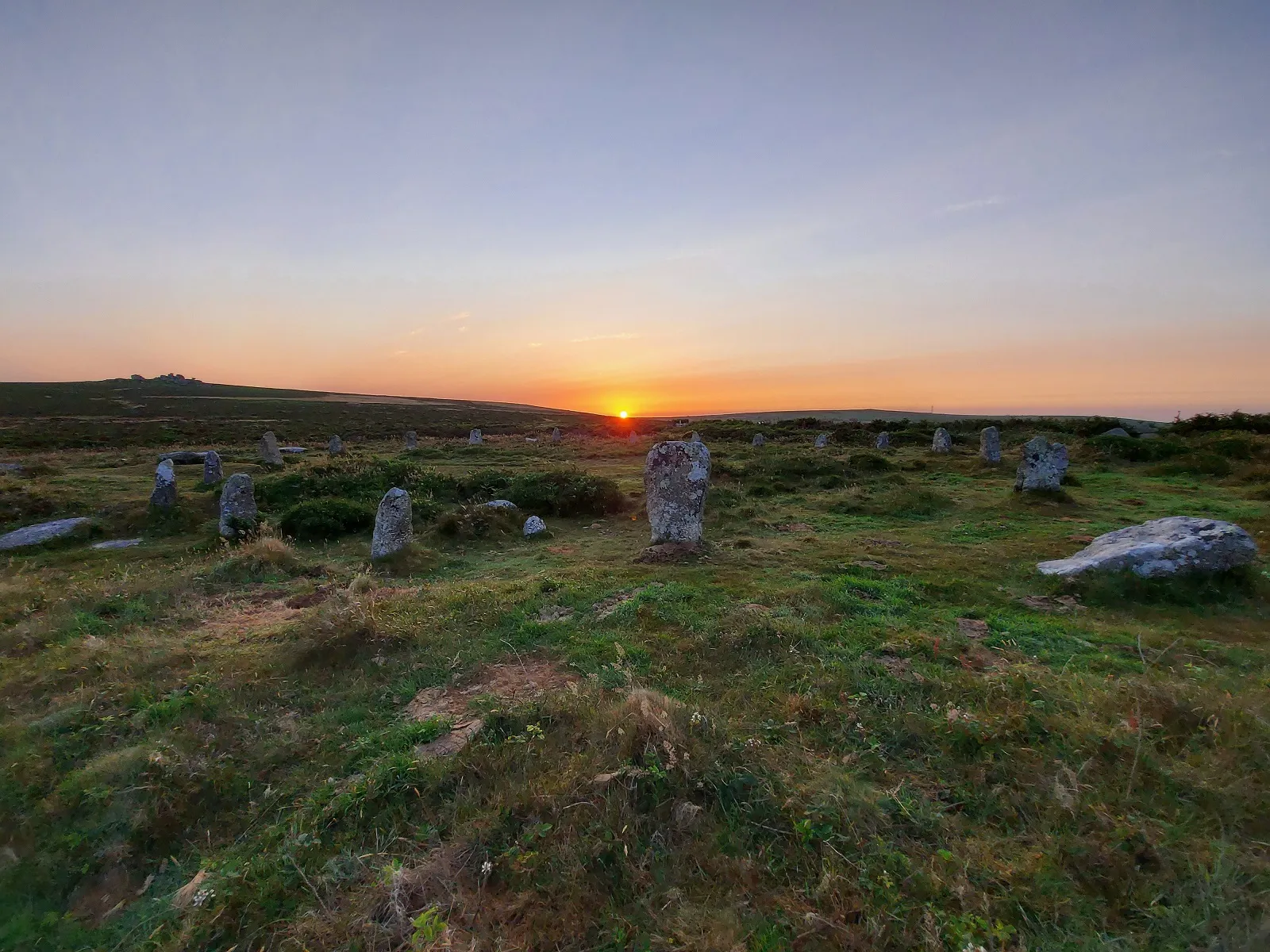
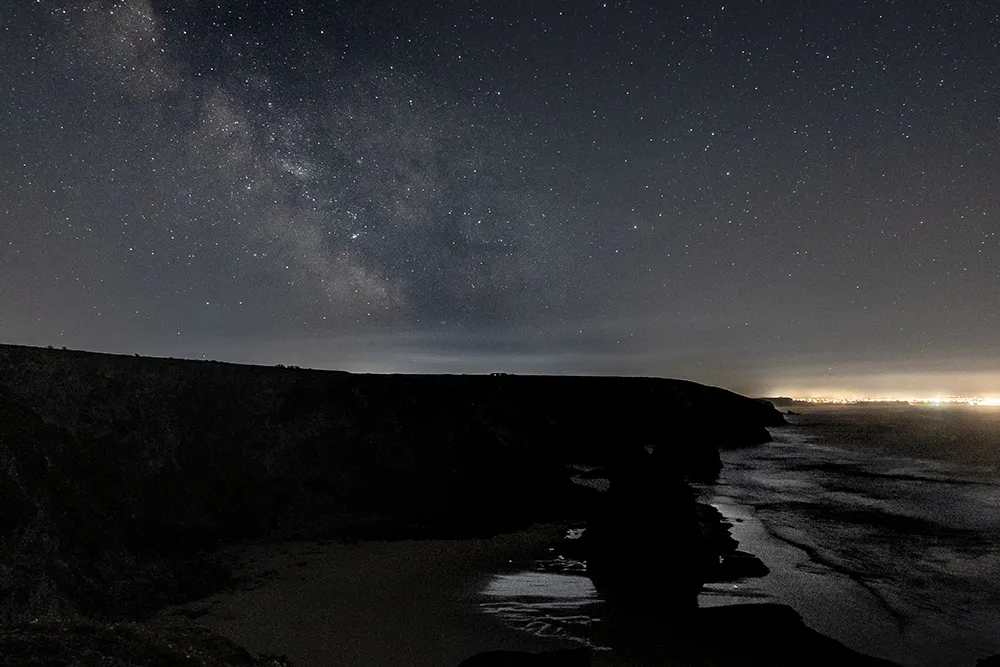
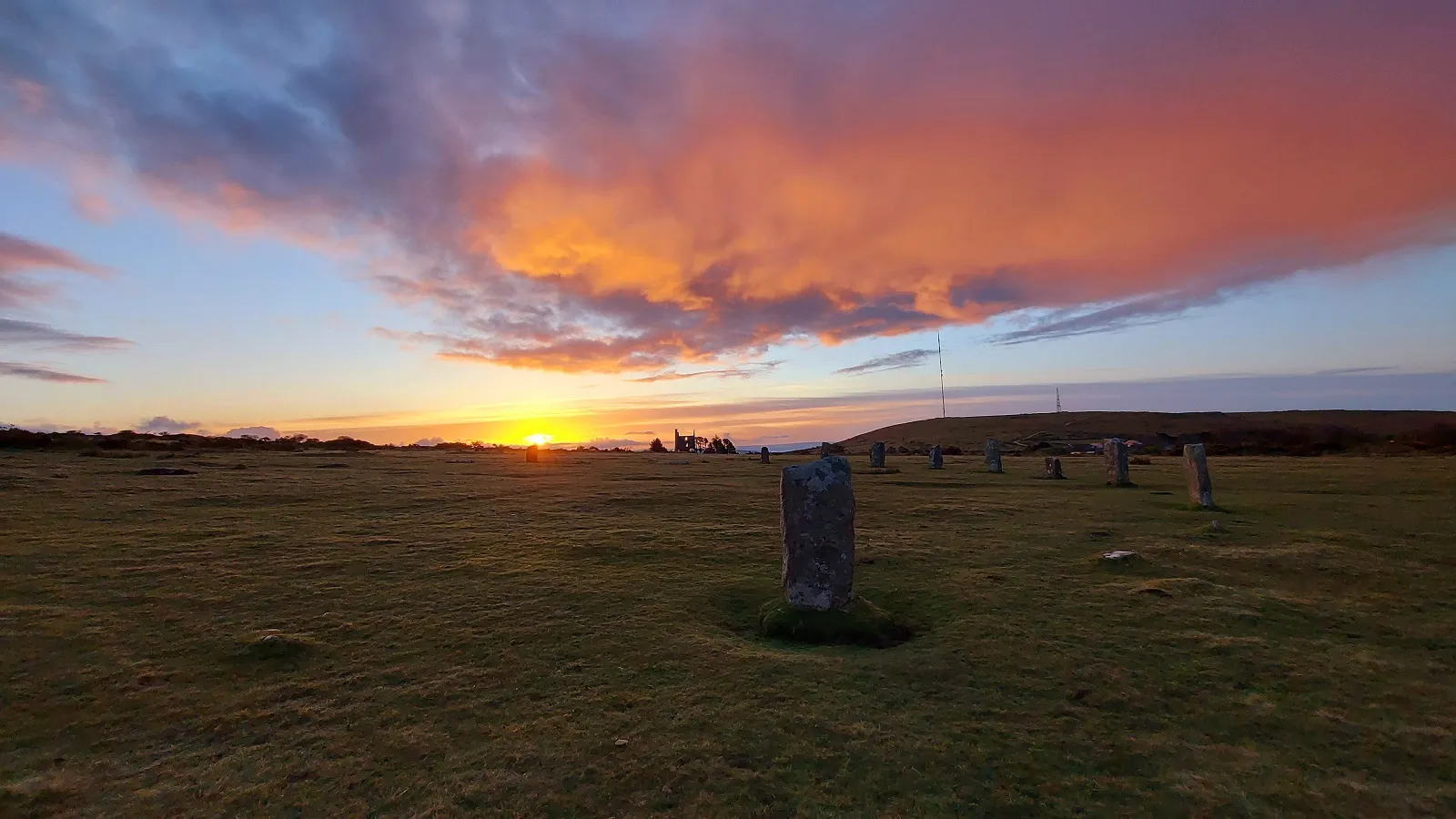

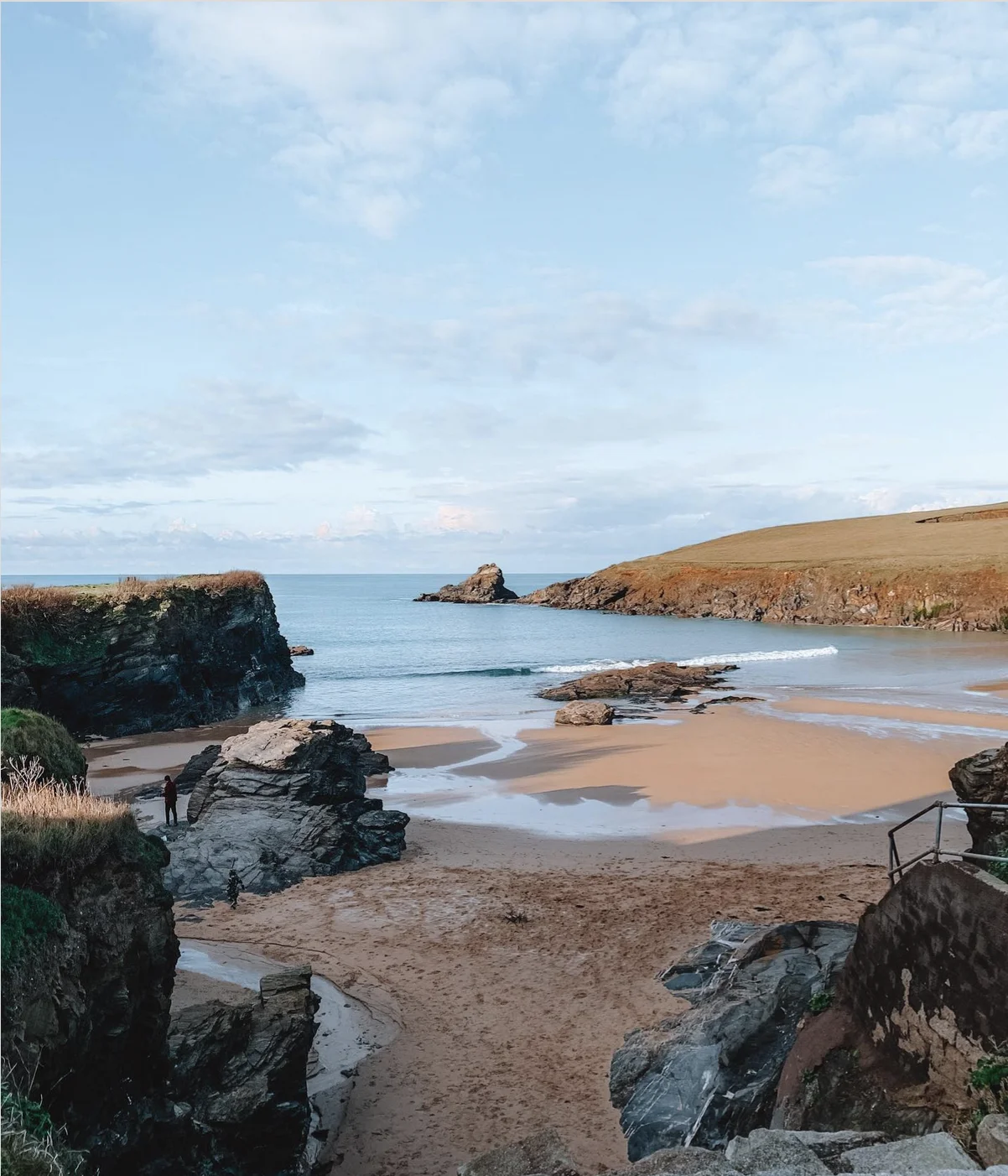
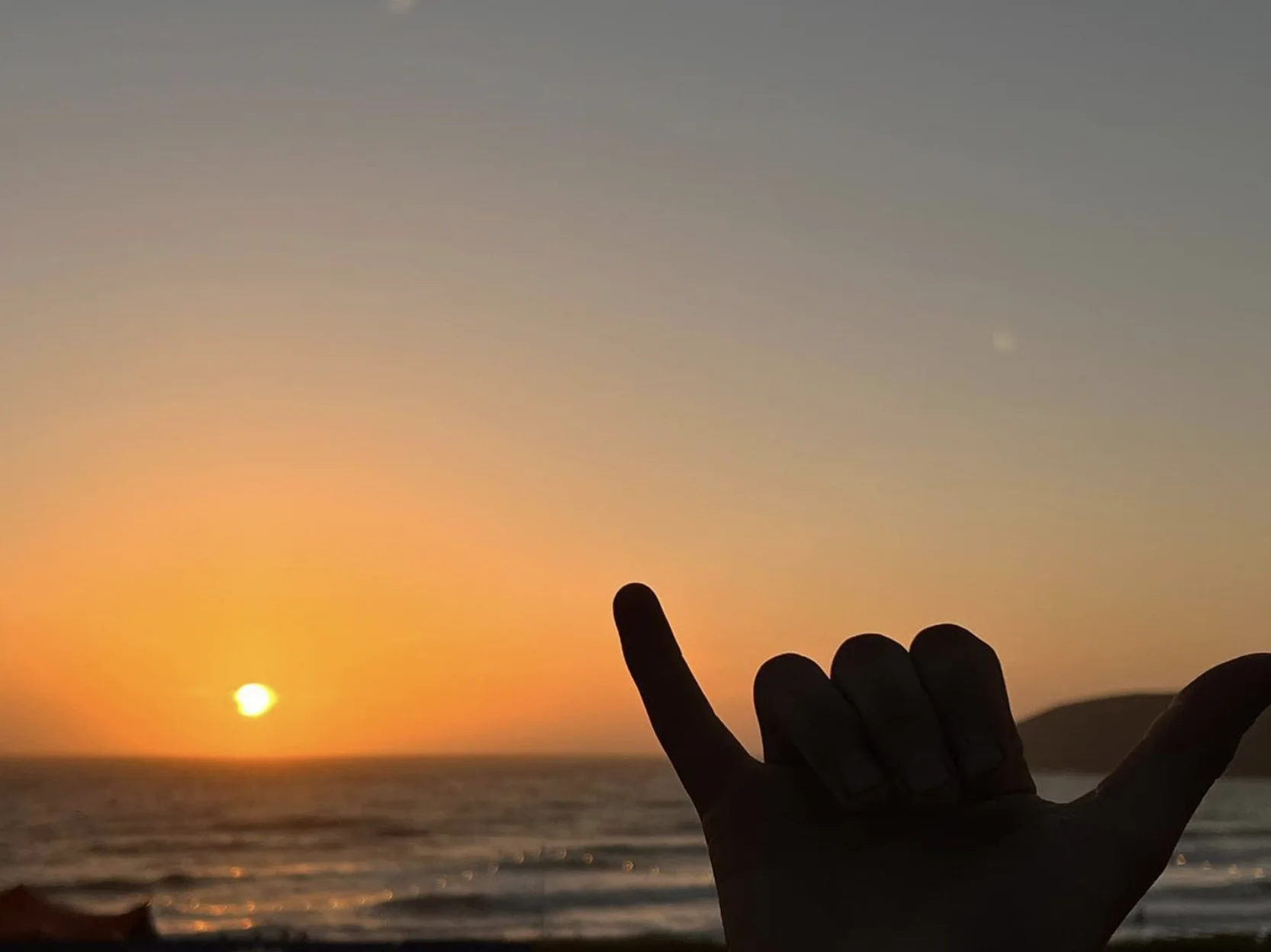
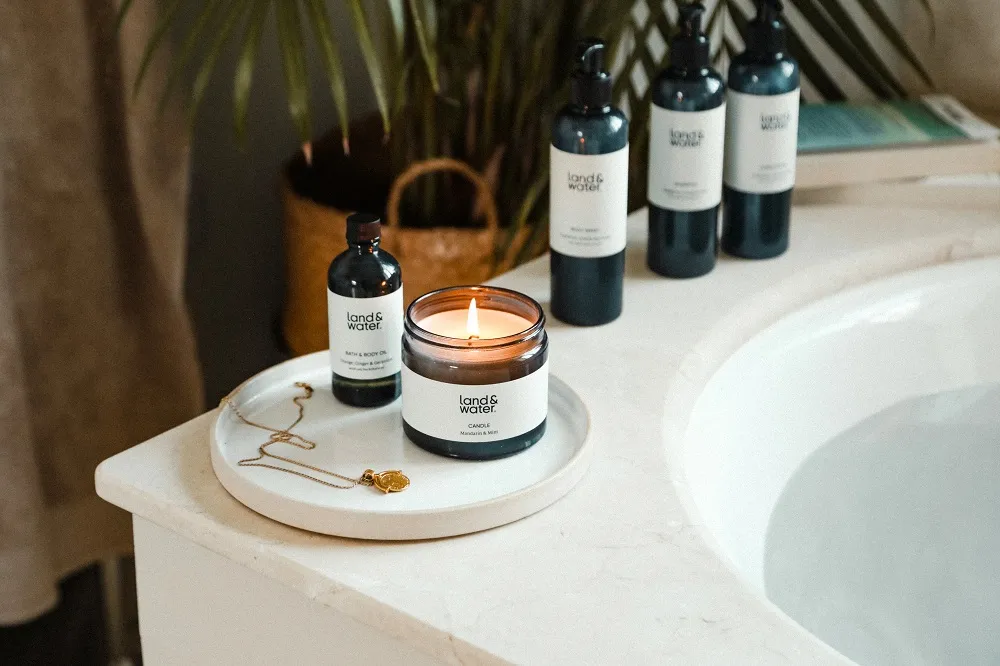
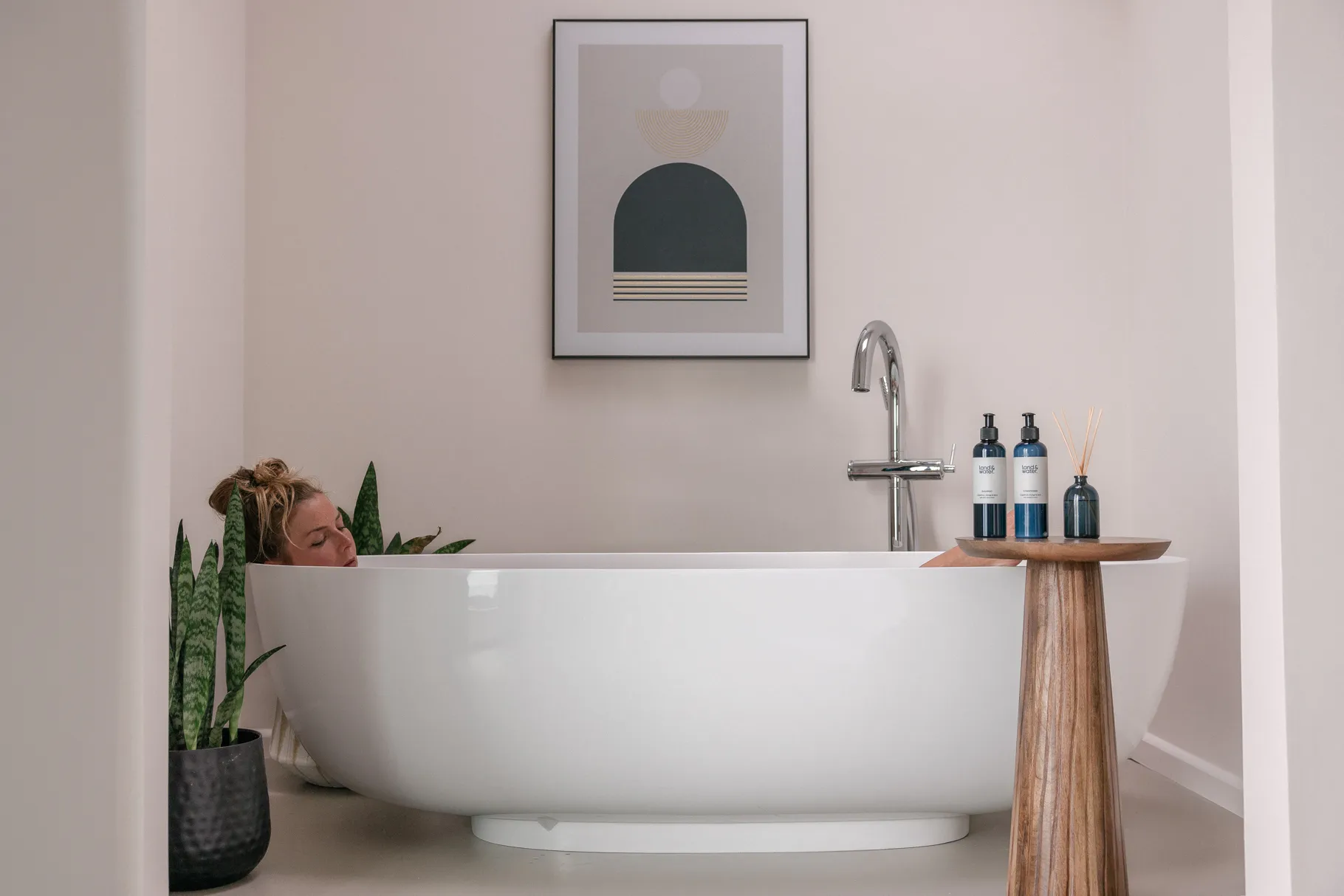
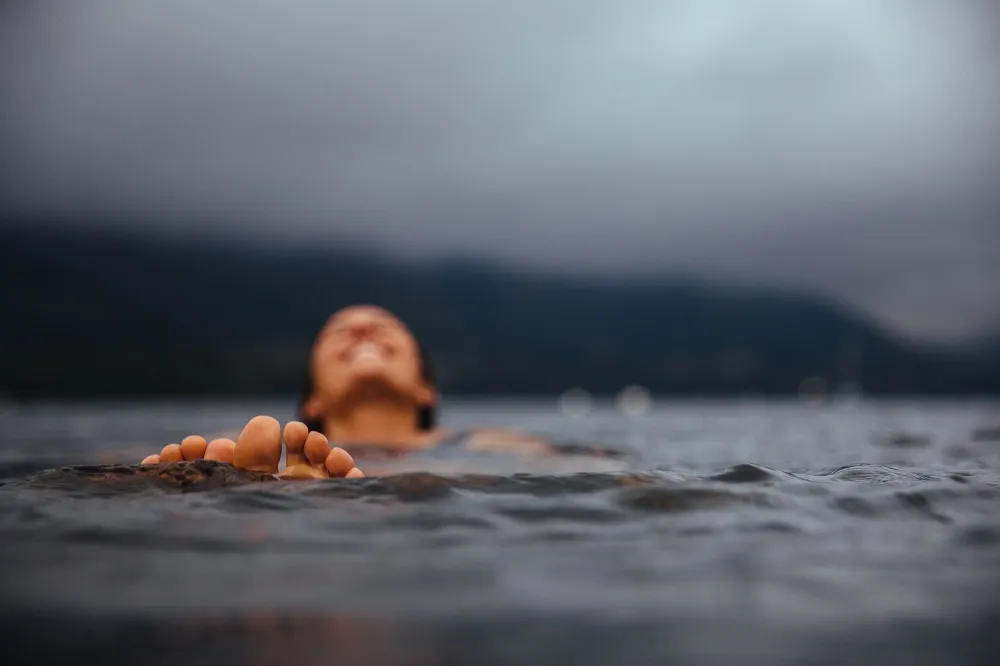
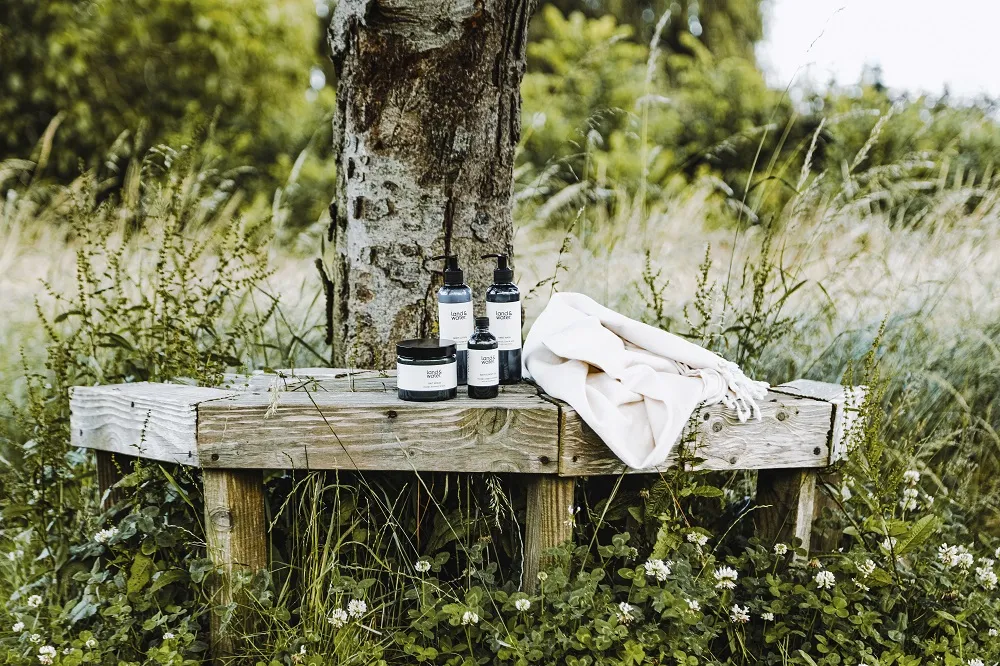
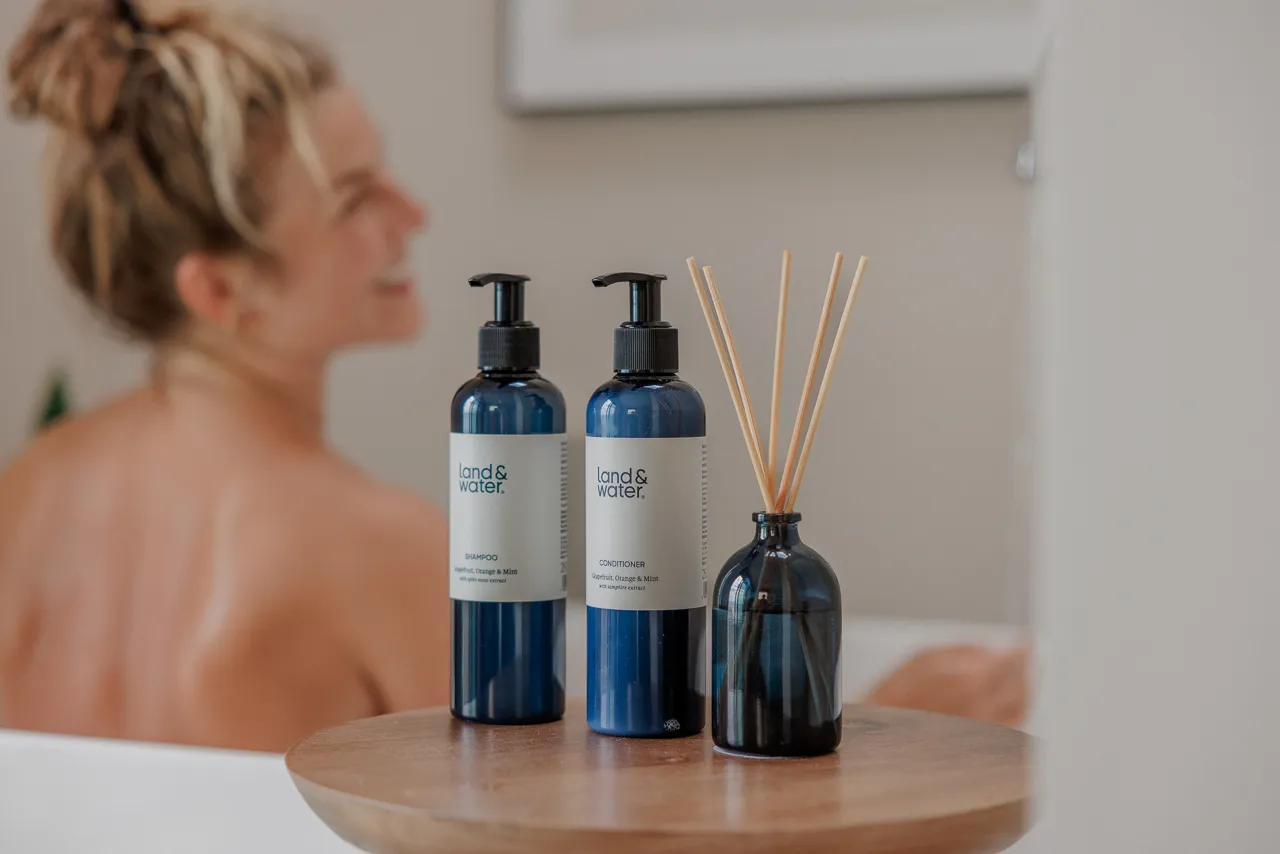
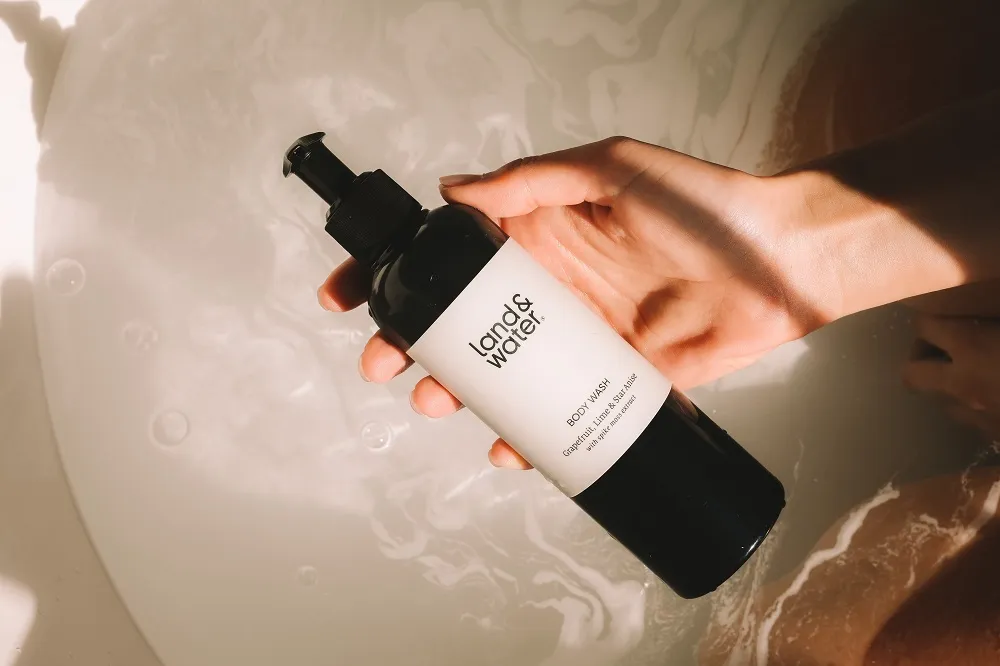
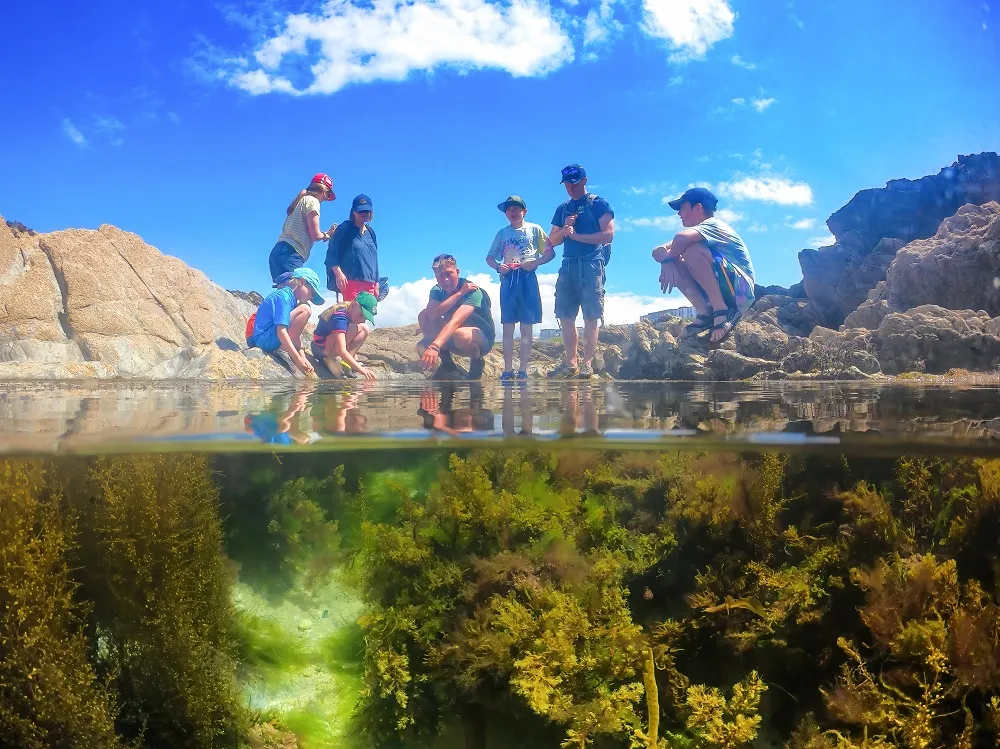
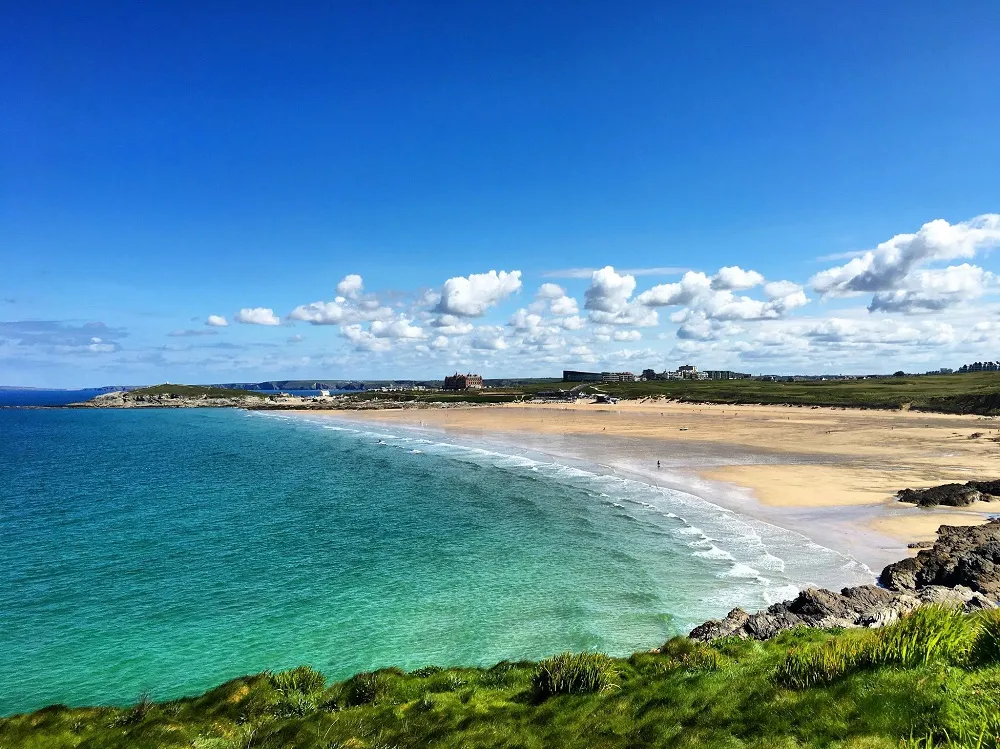
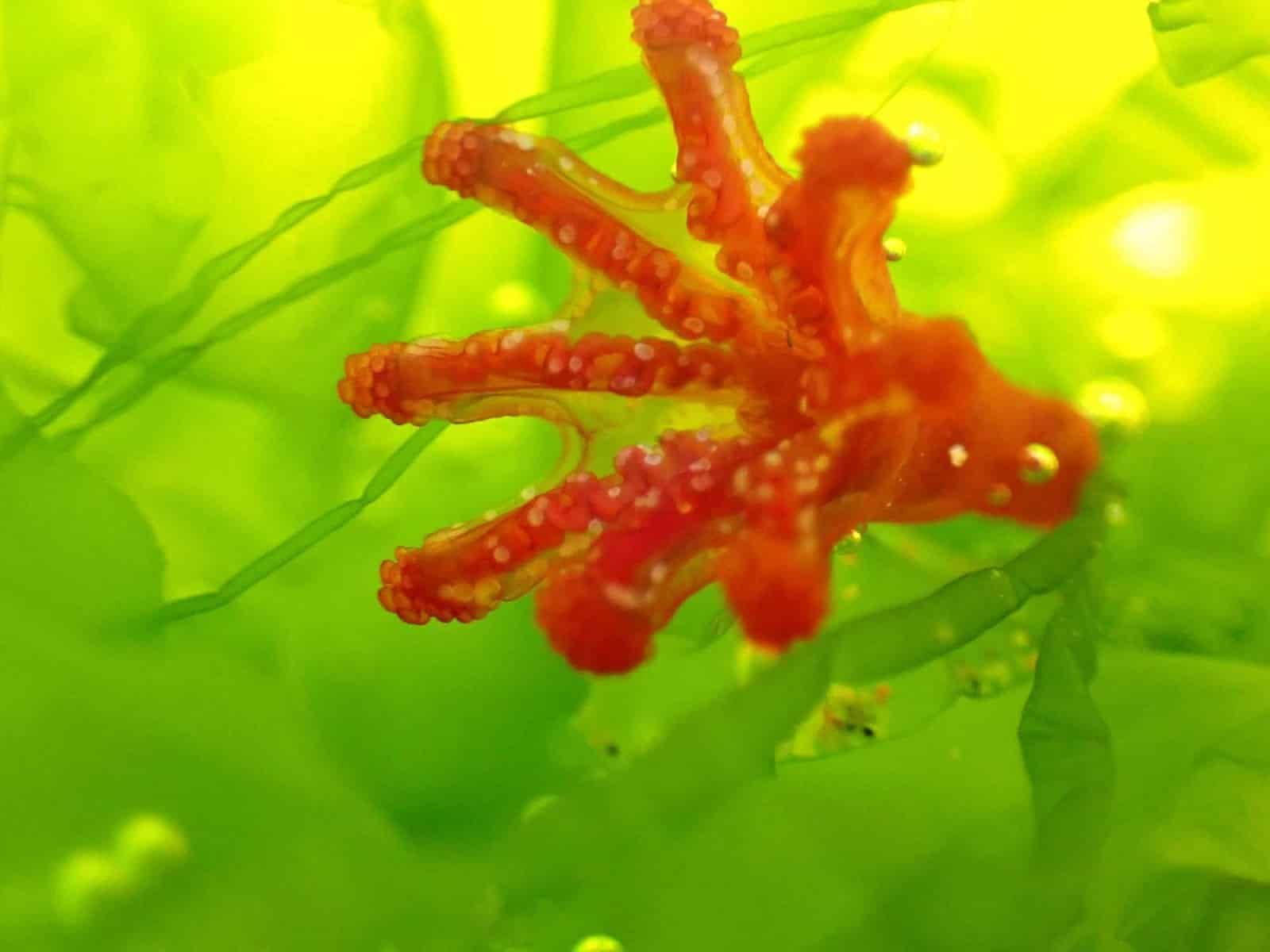
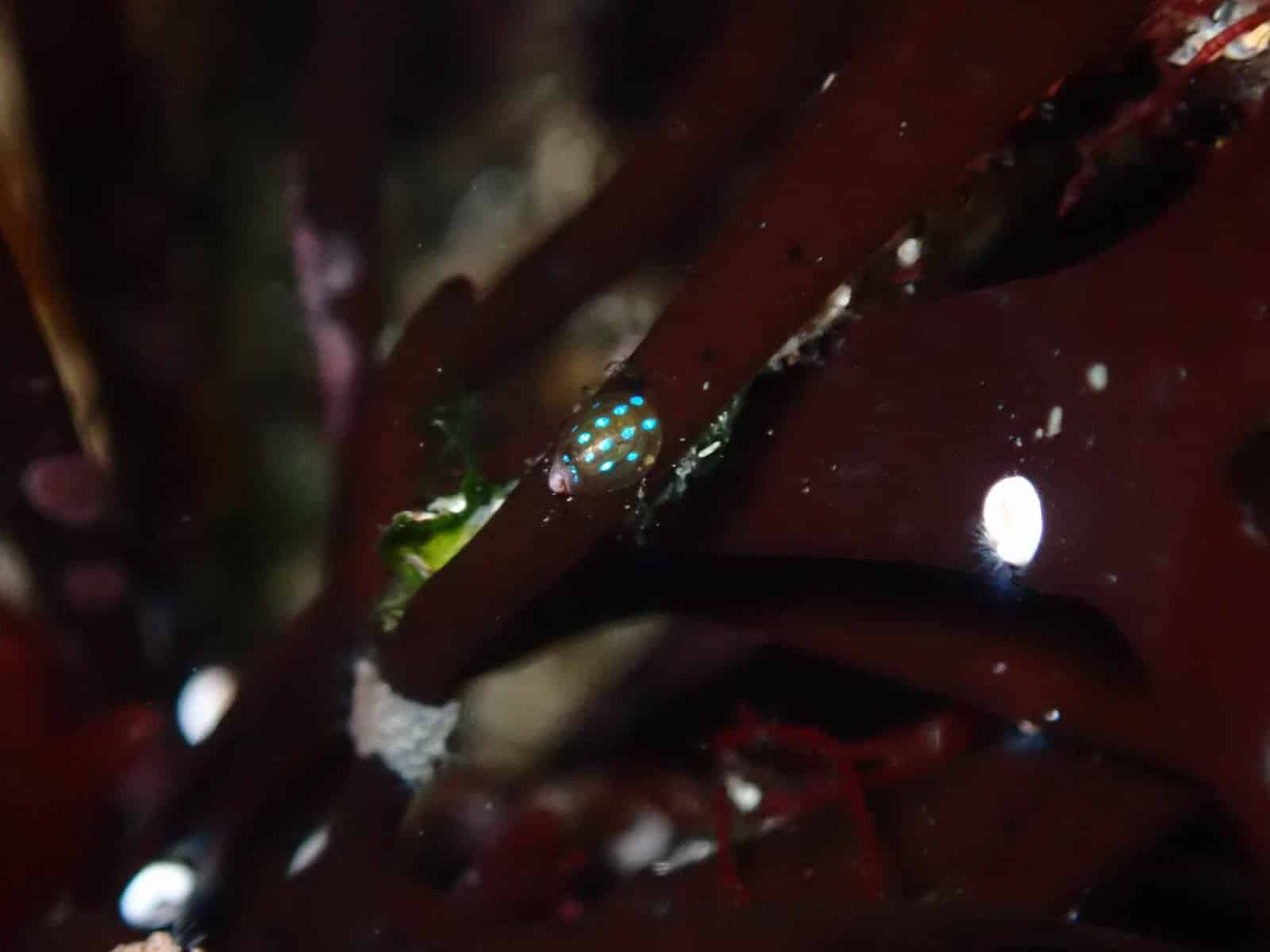
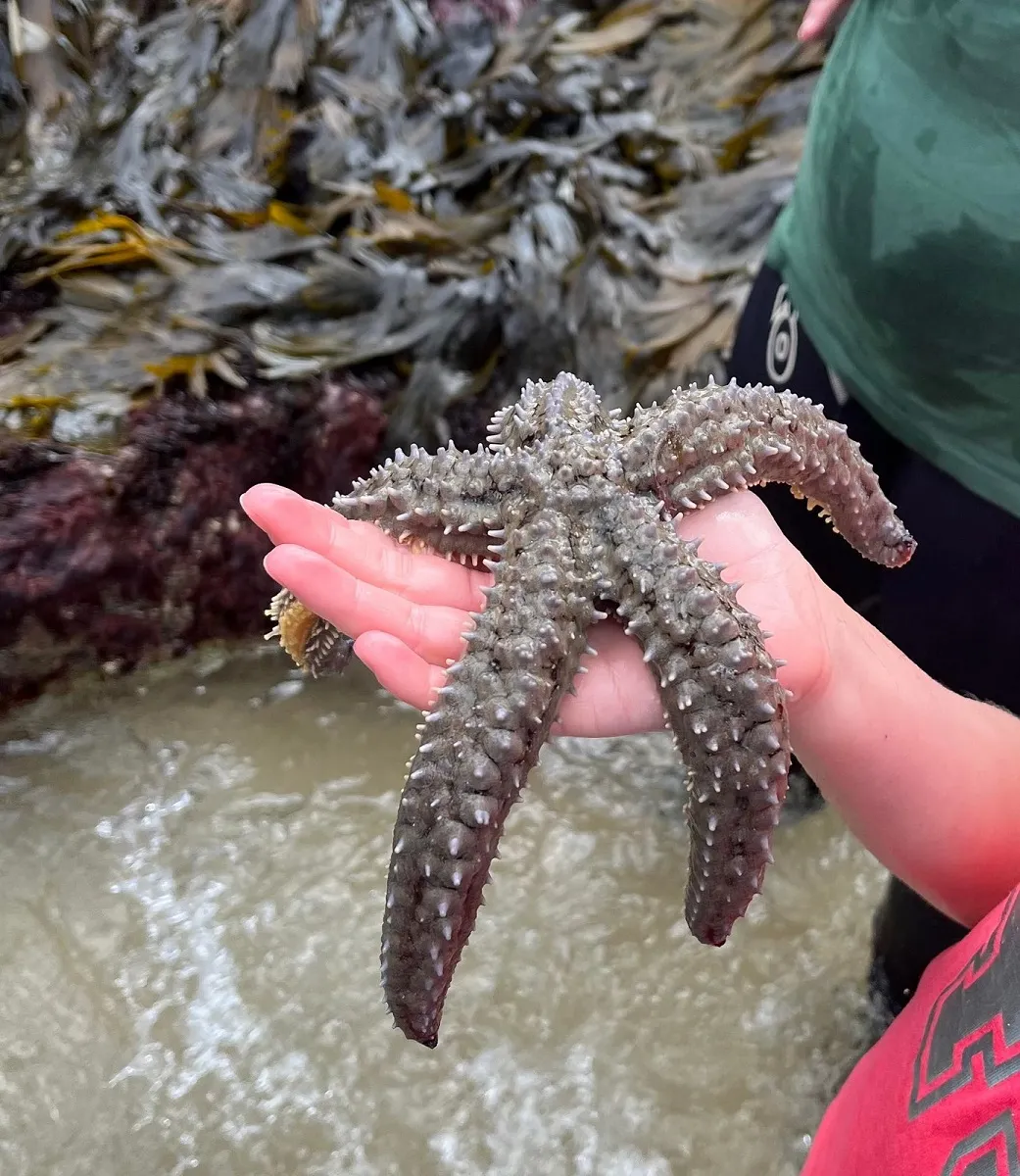
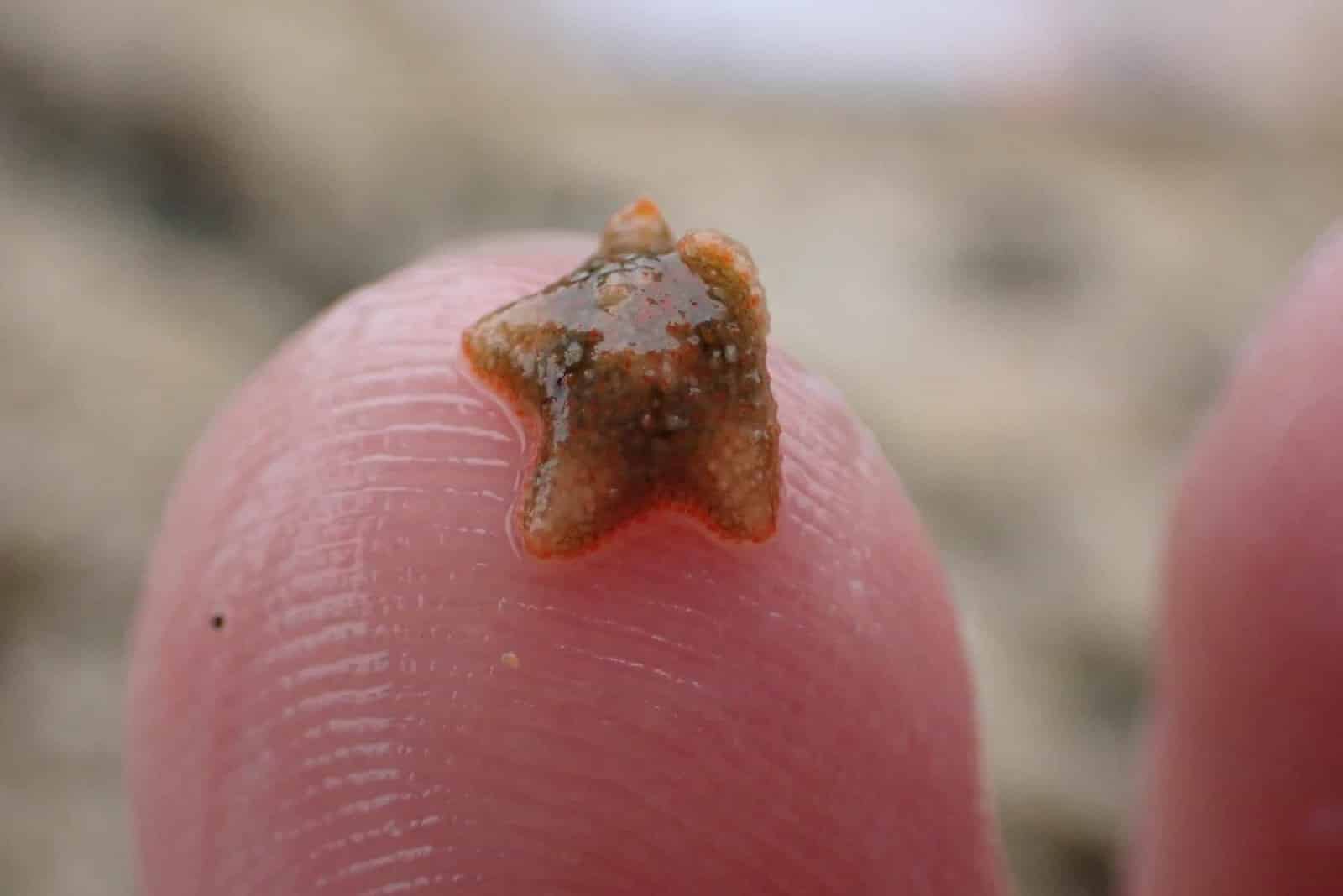
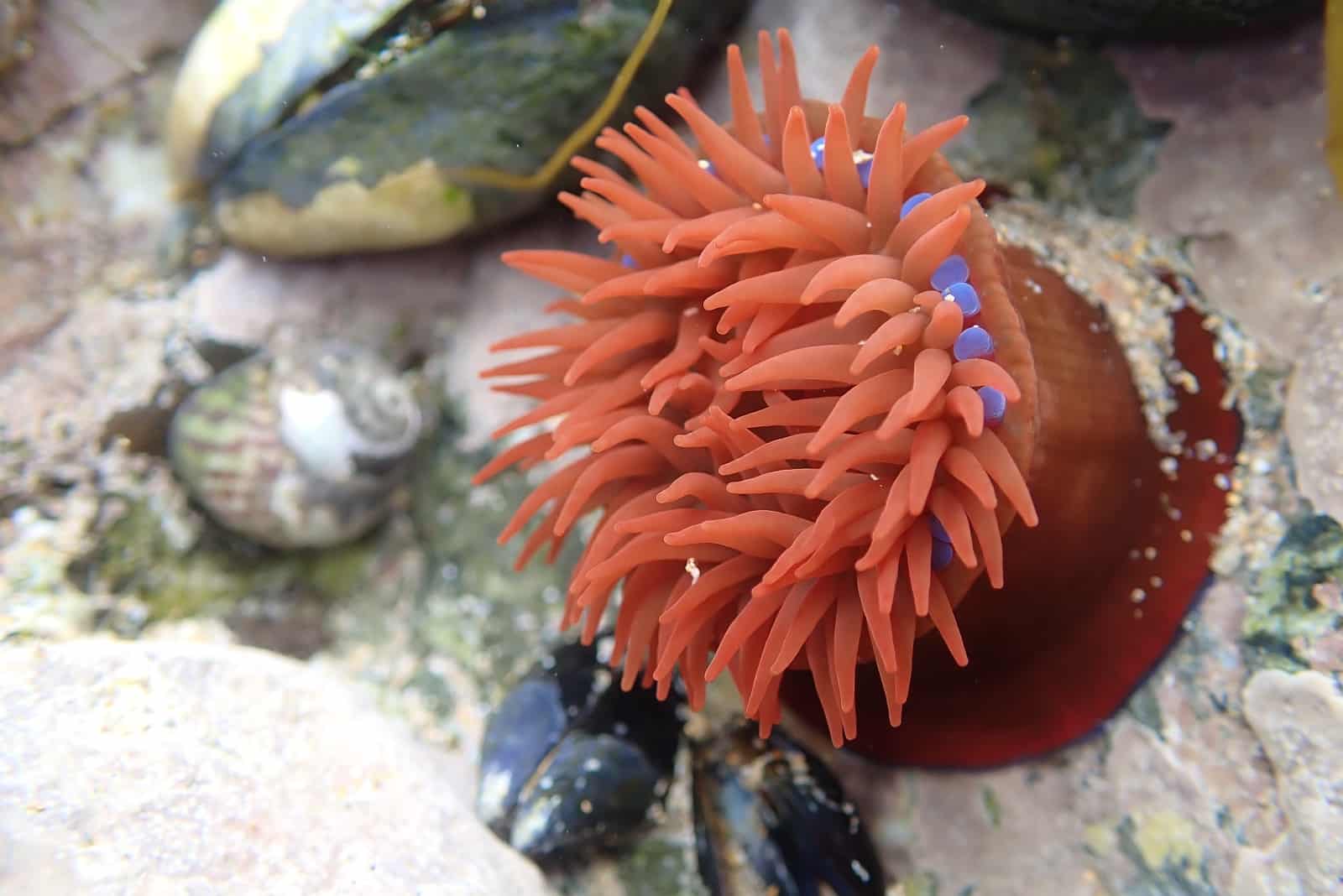
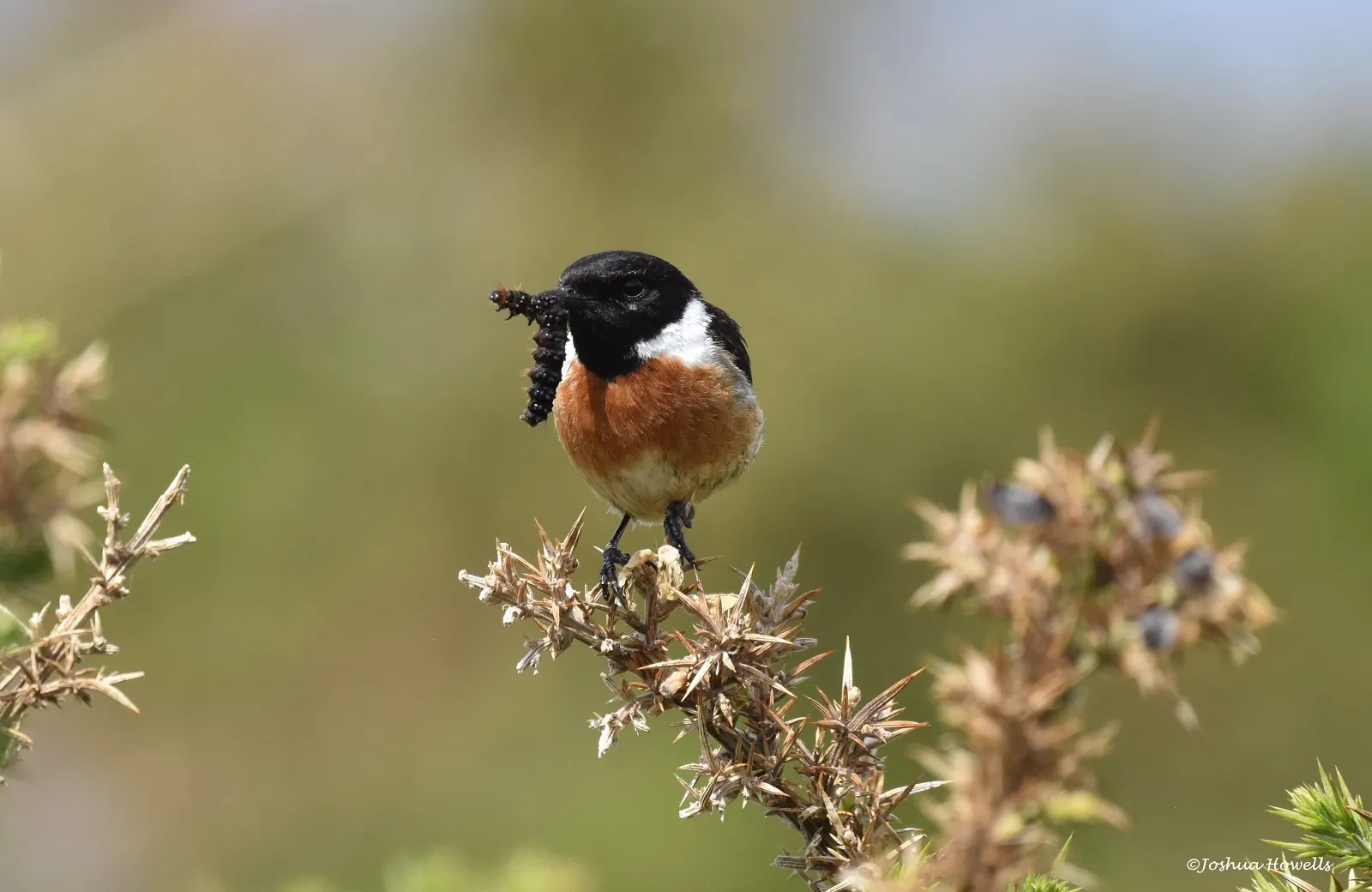
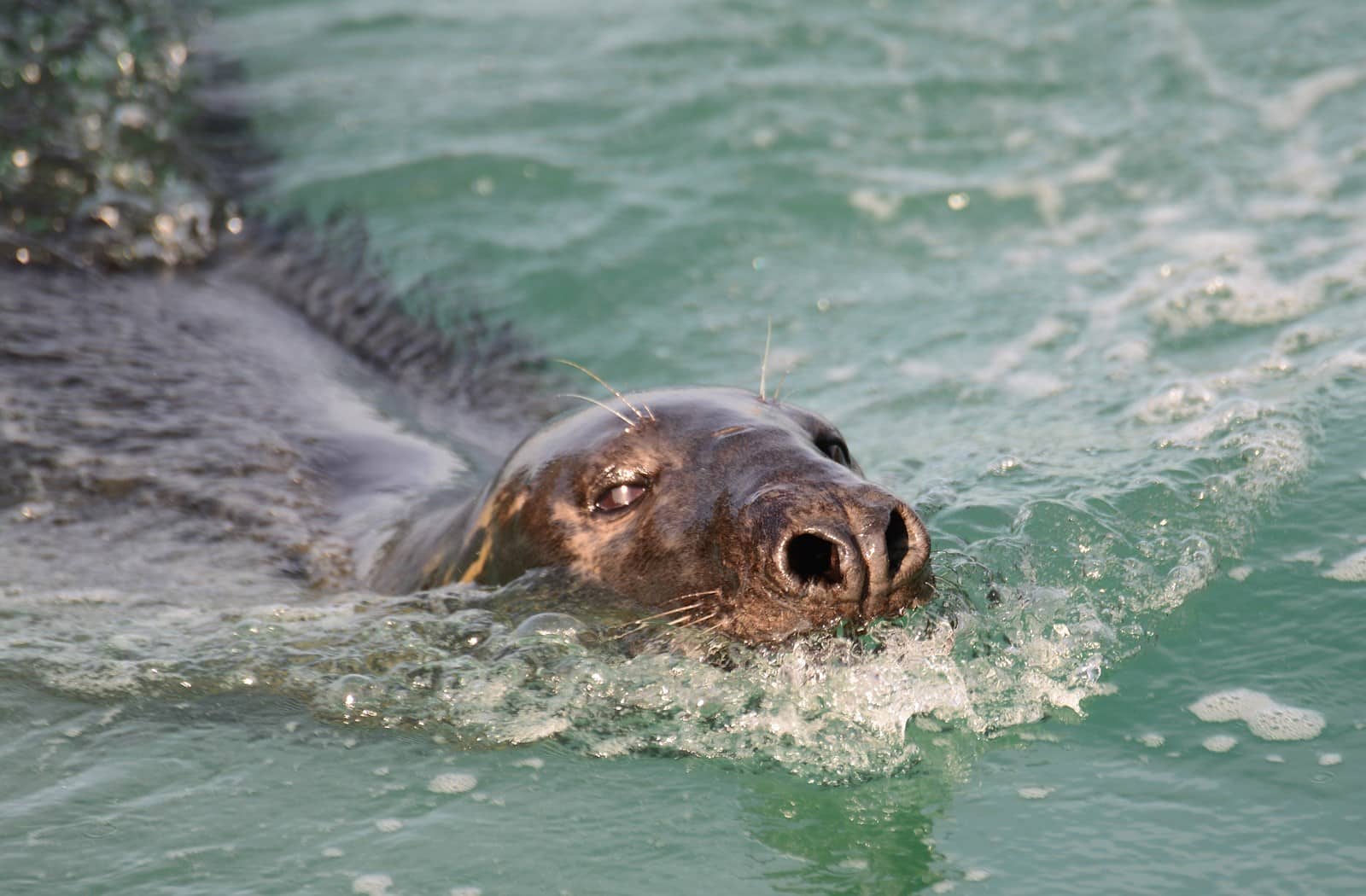
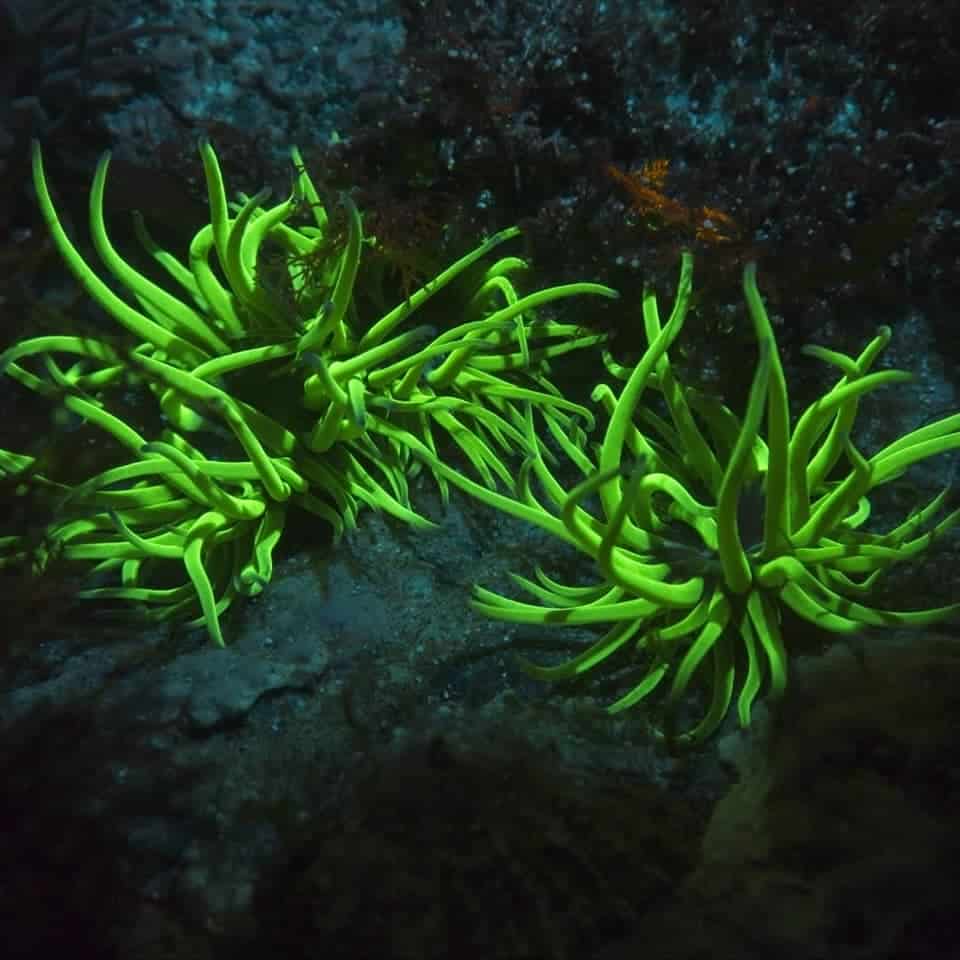 Anemone by night, Josh Symes
Anemone by night, Josh Symes